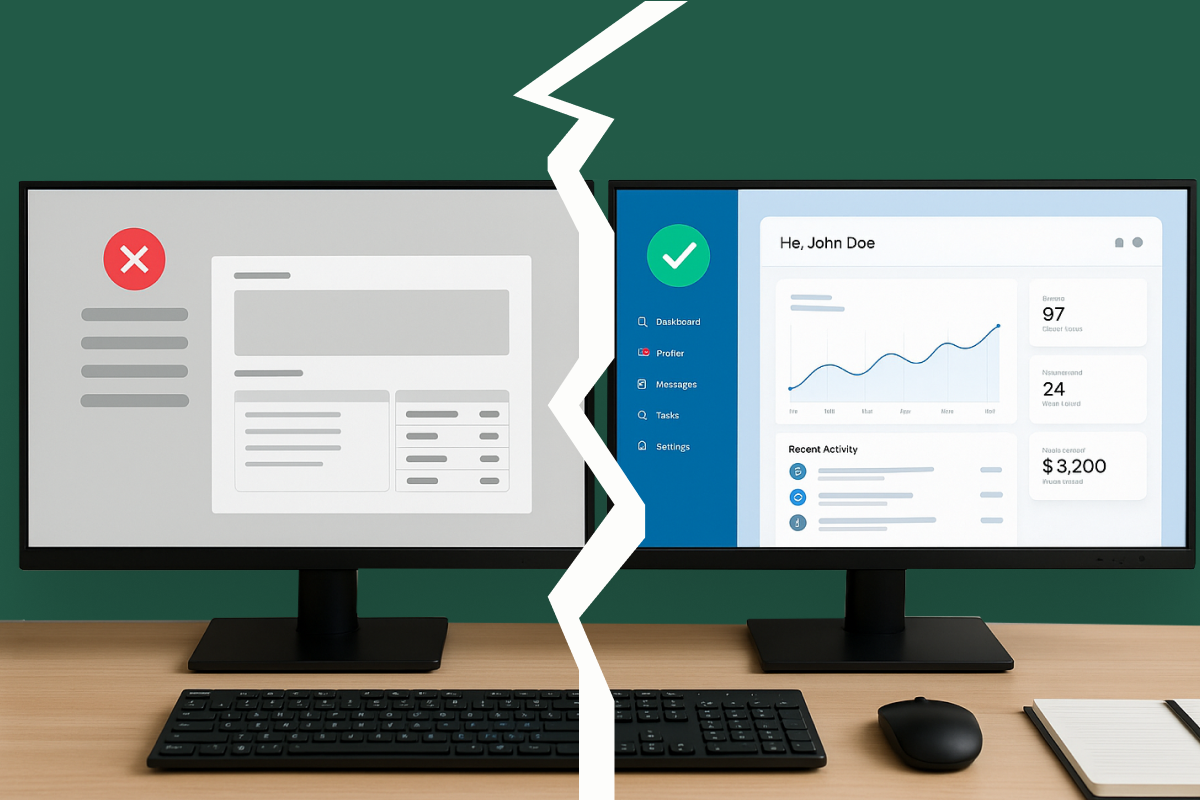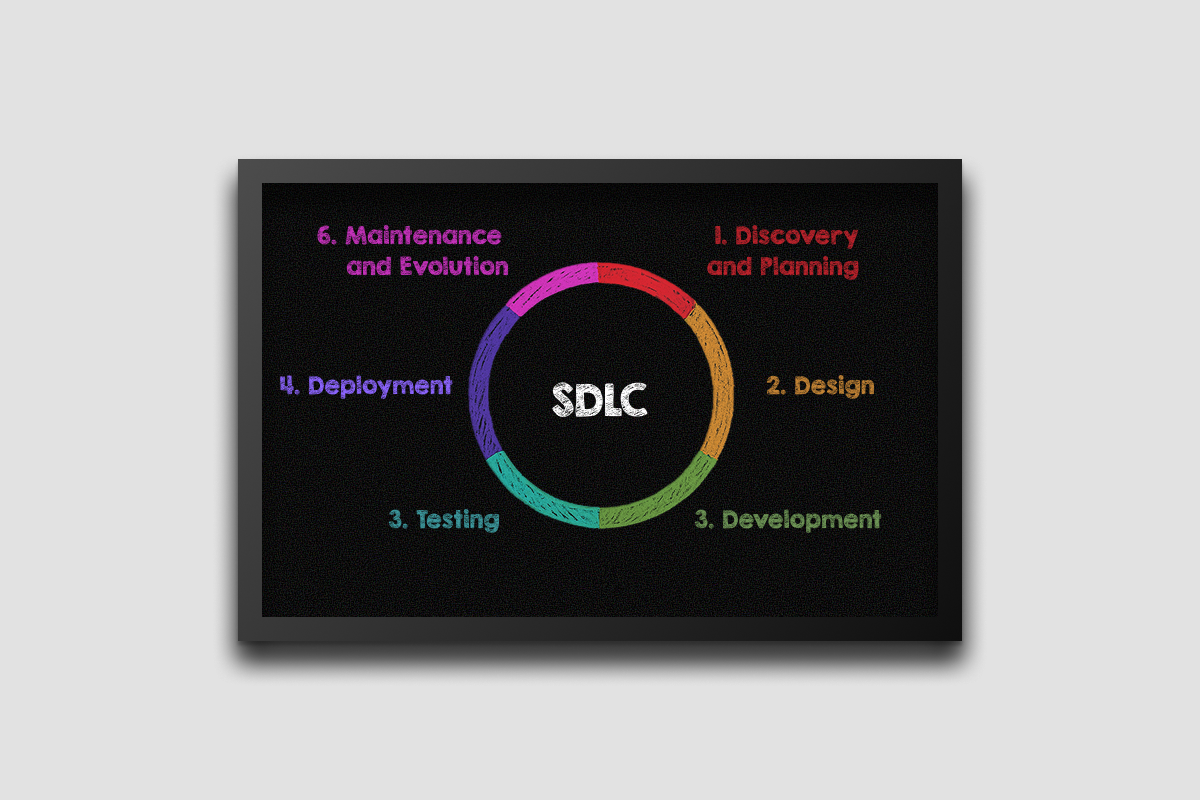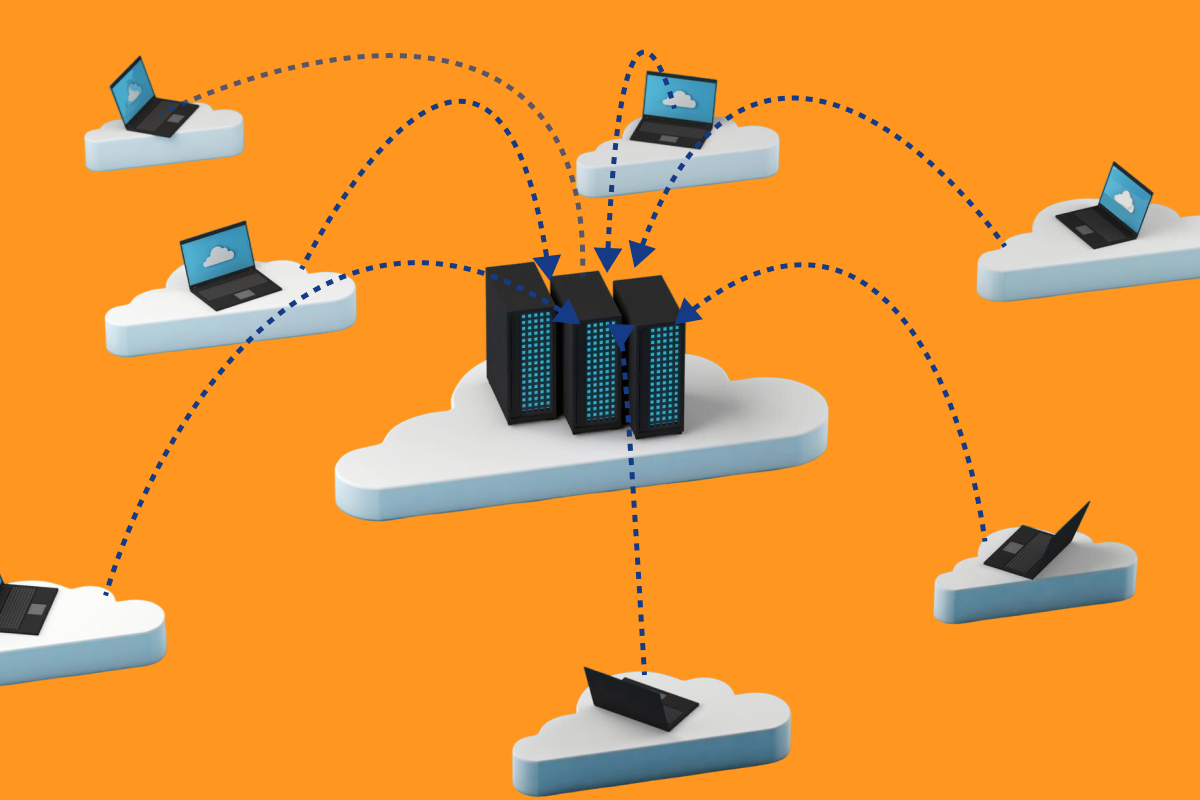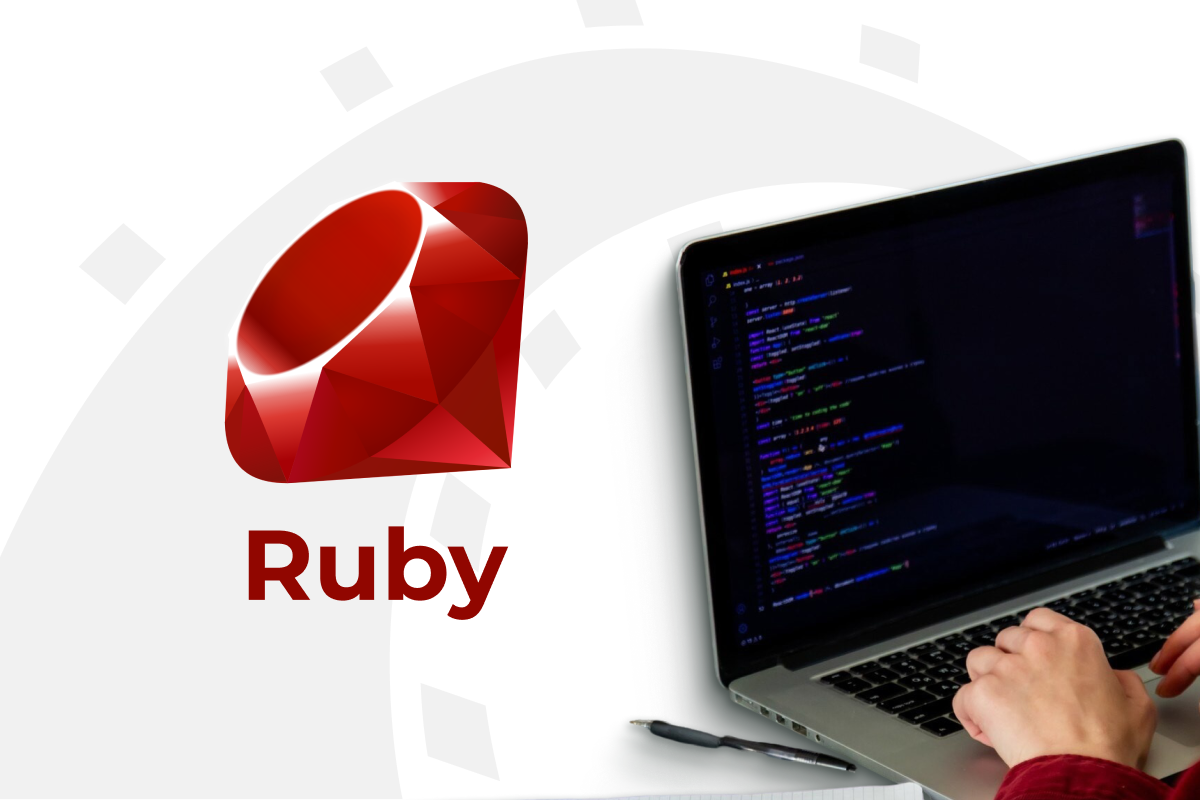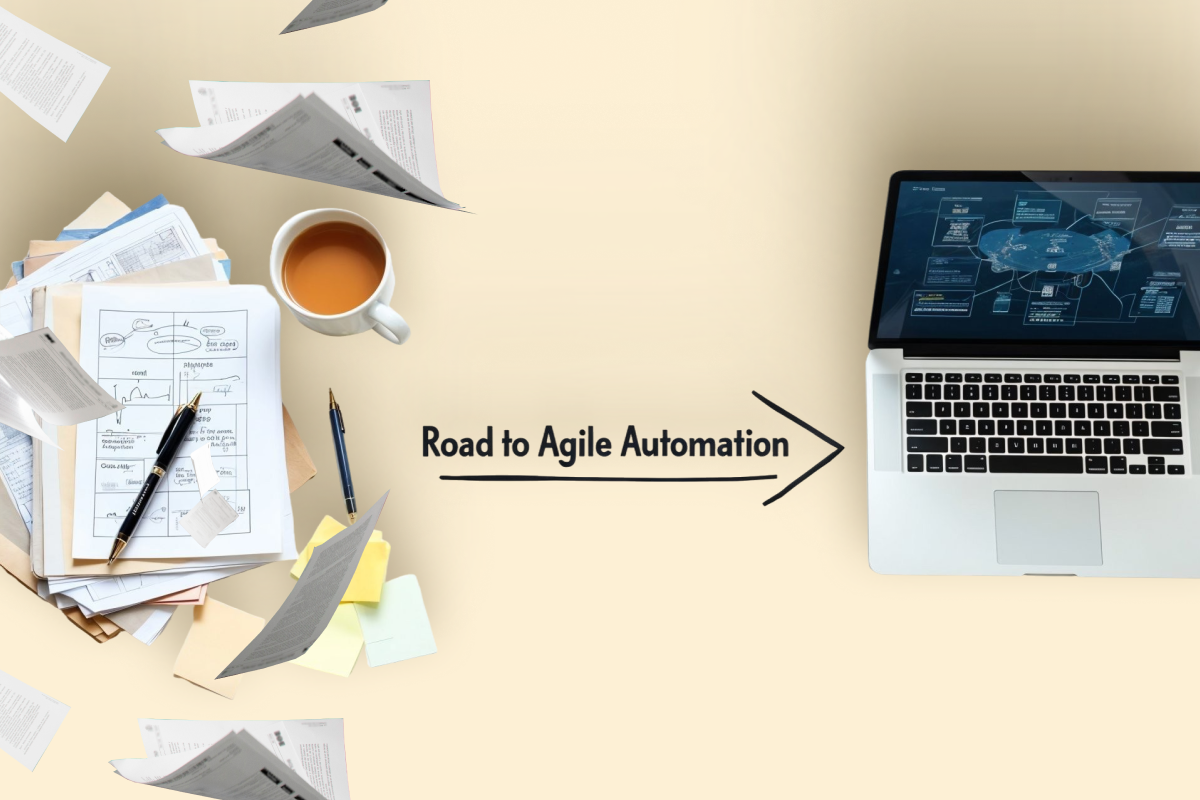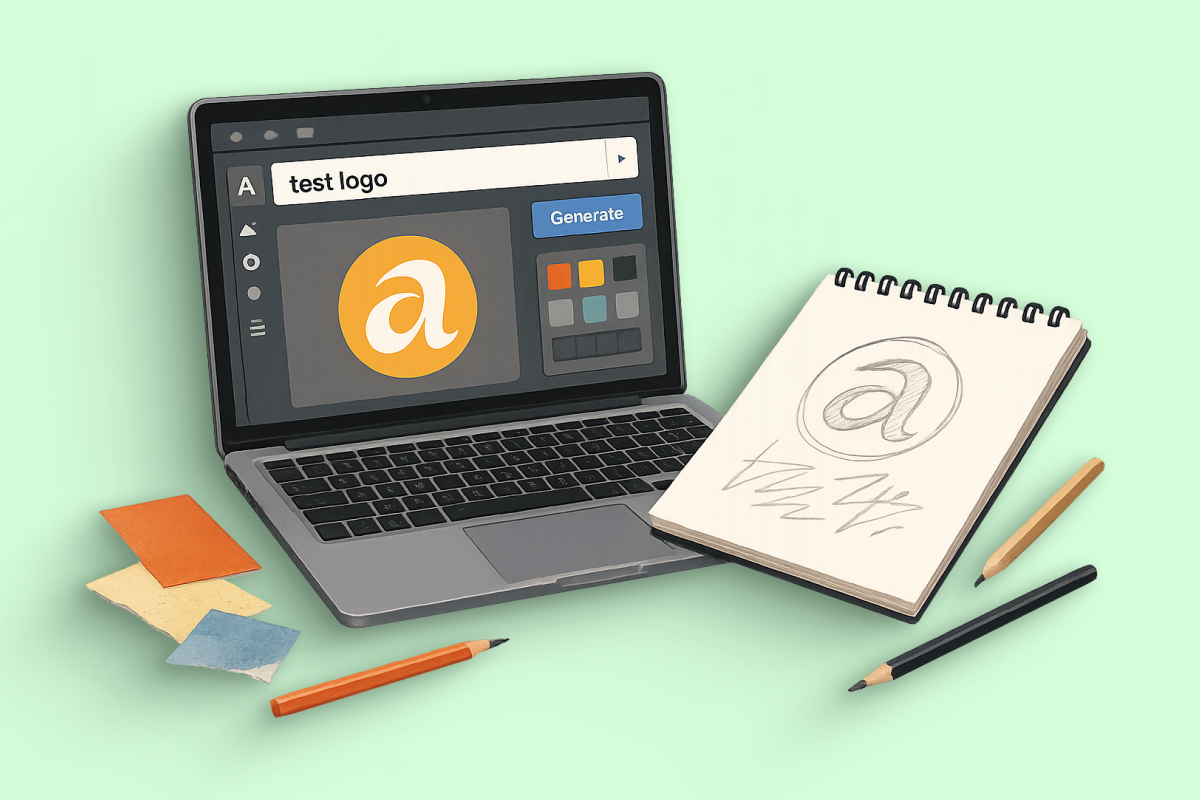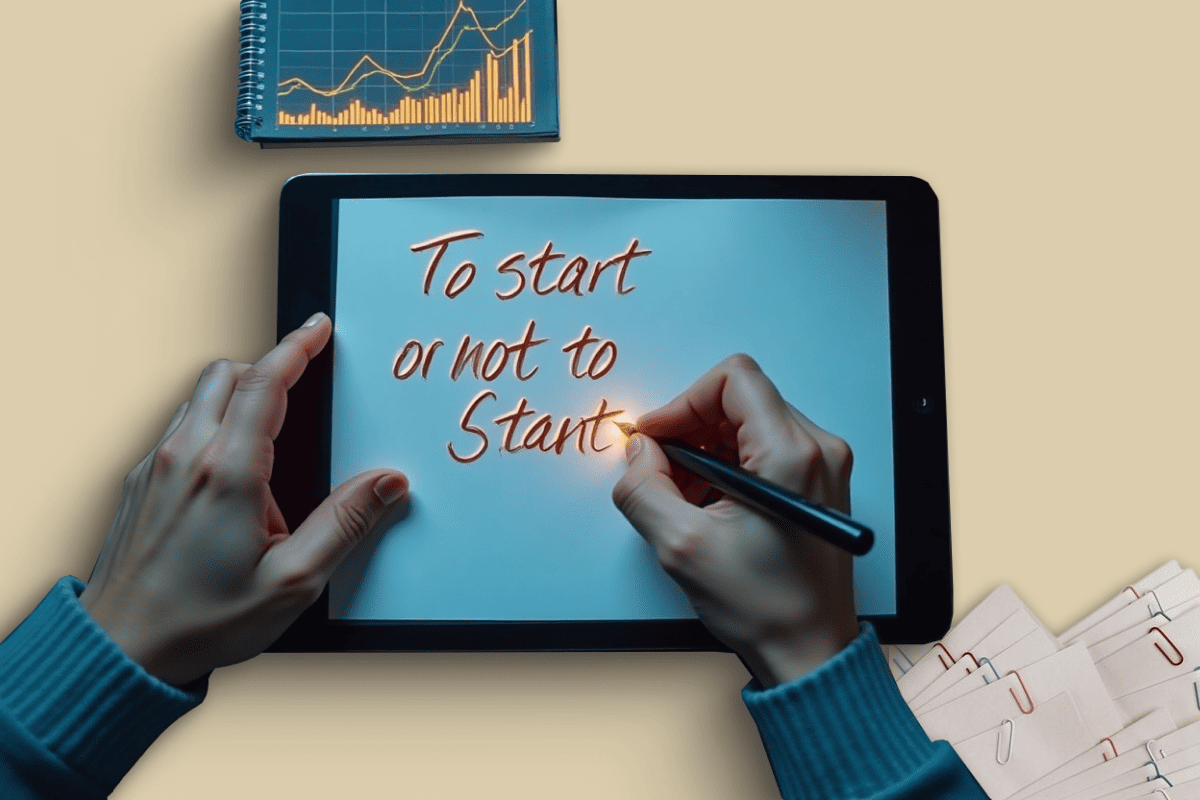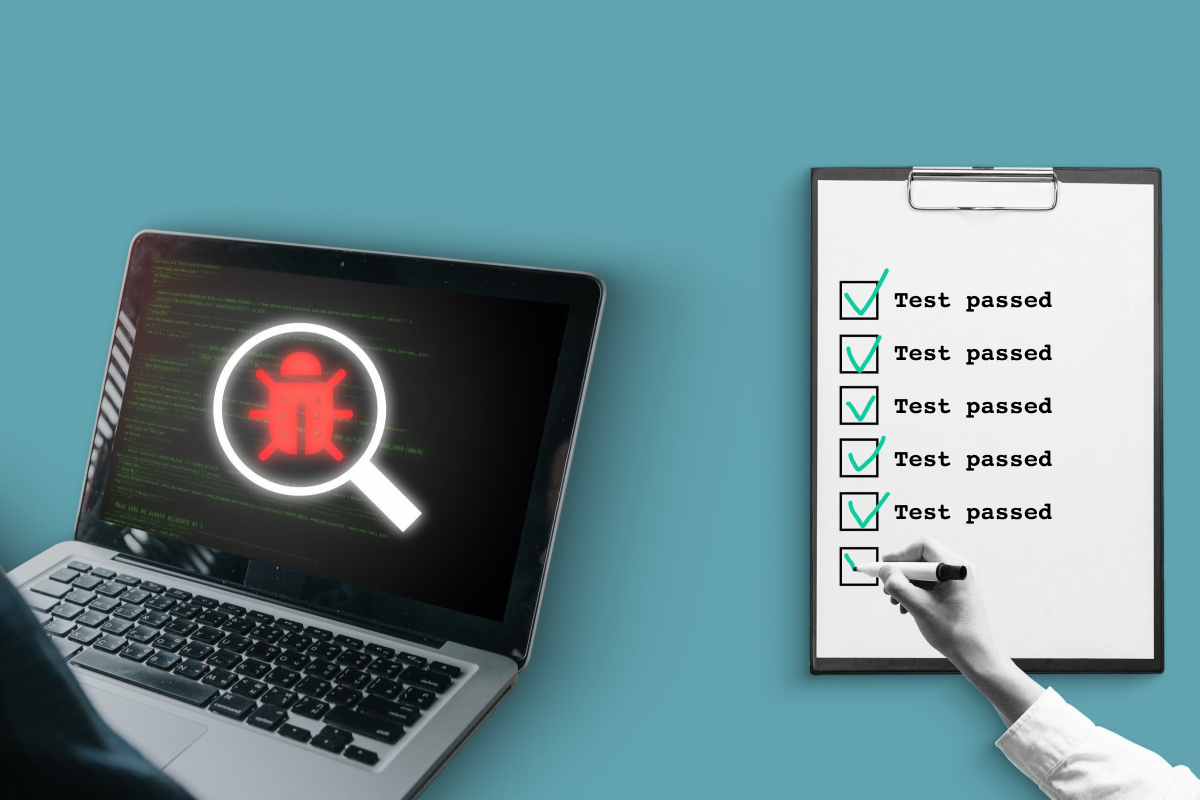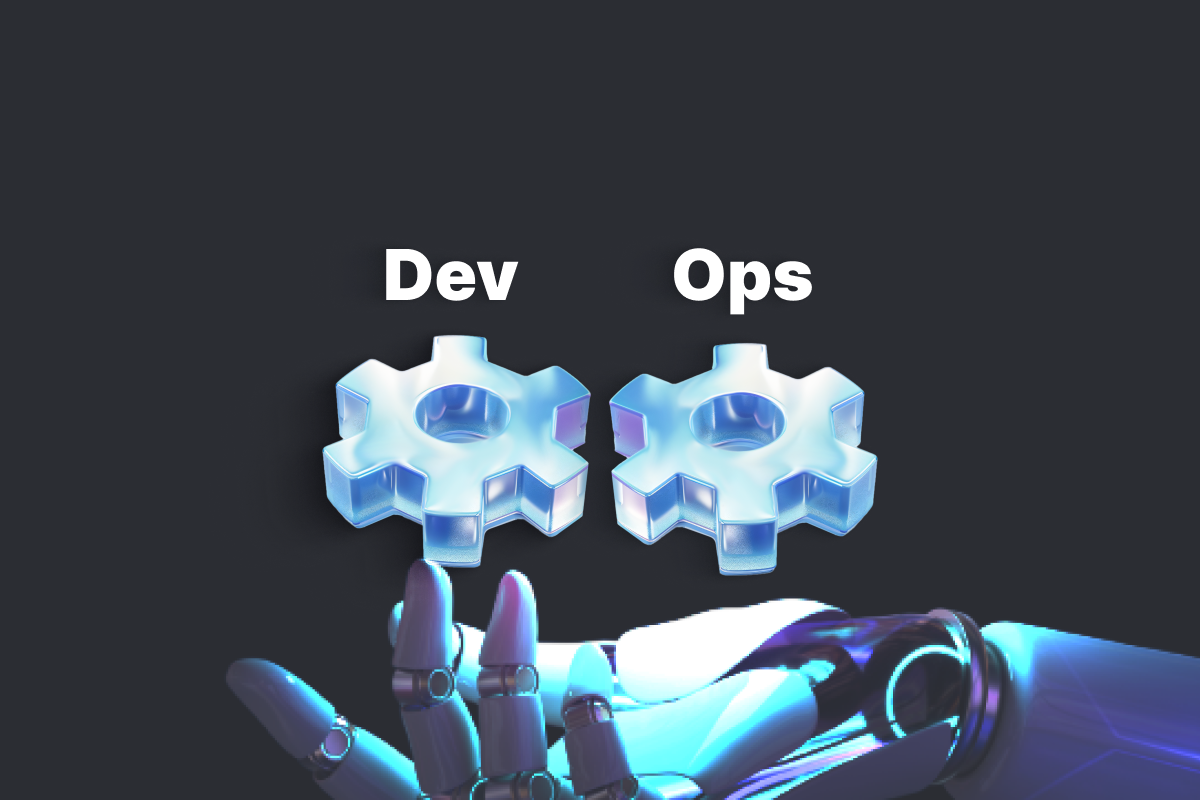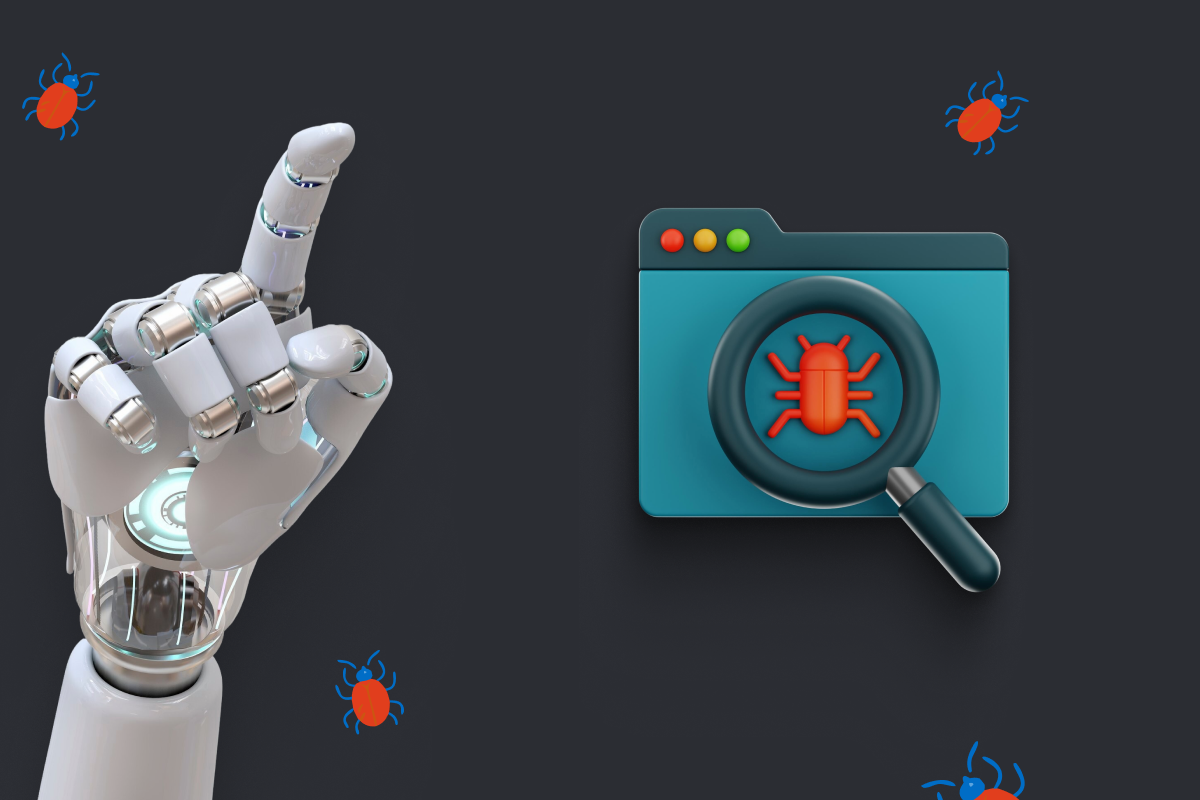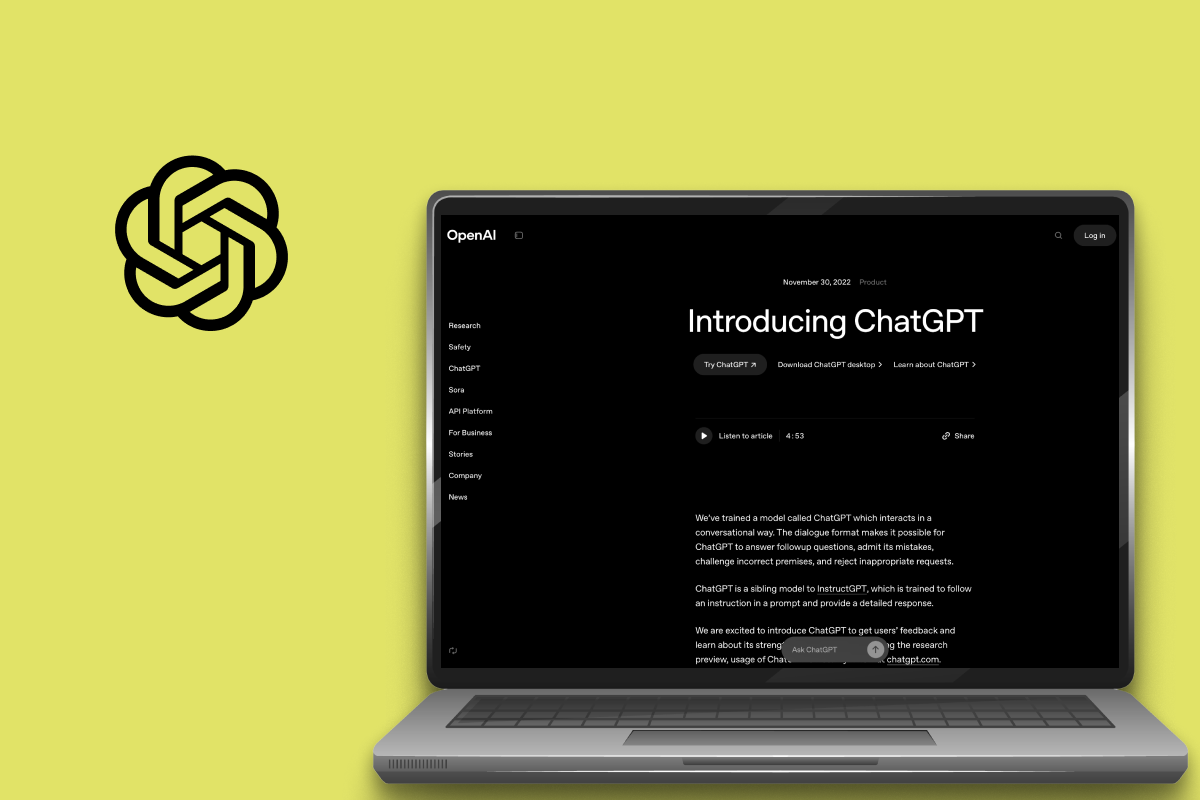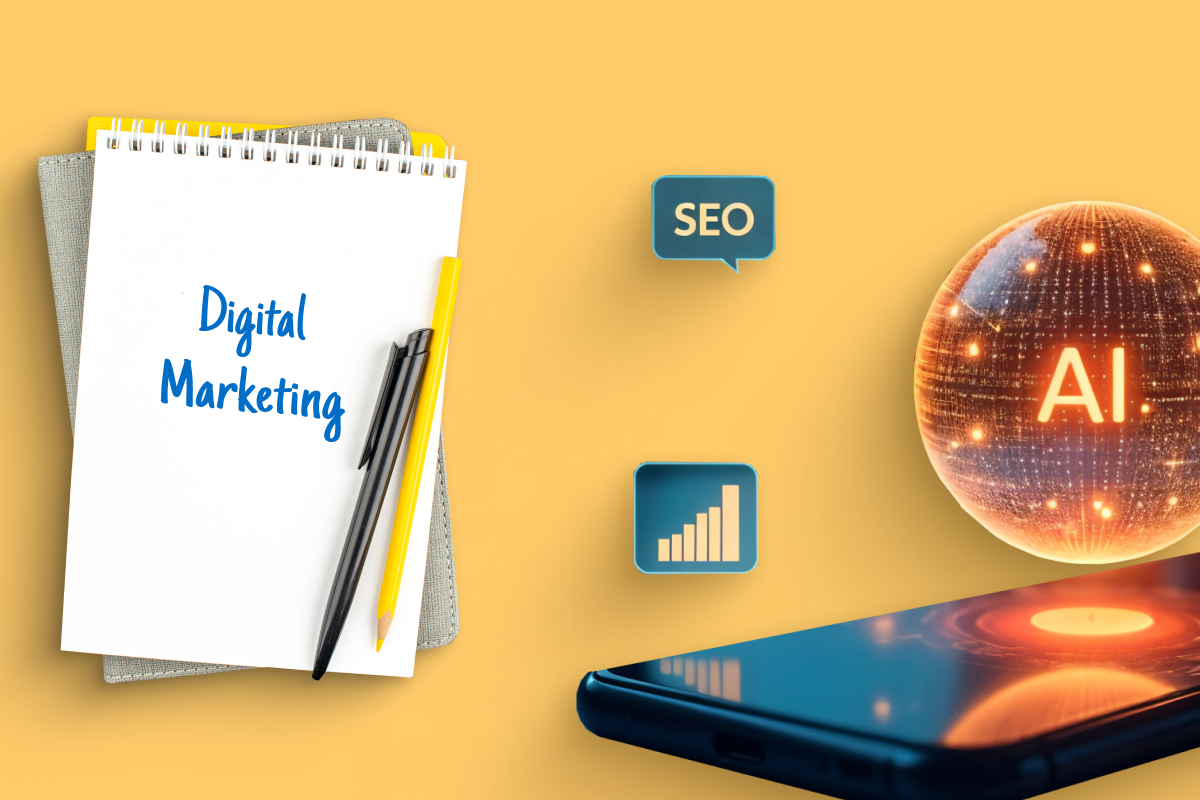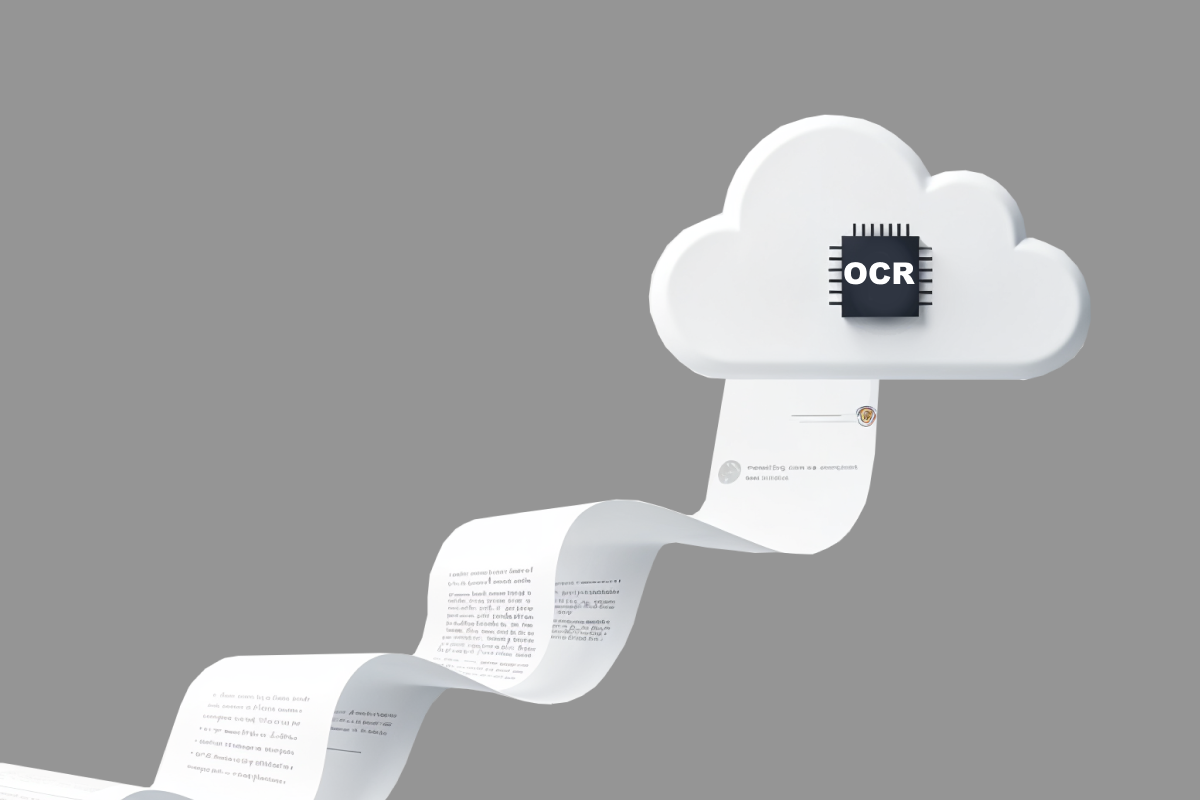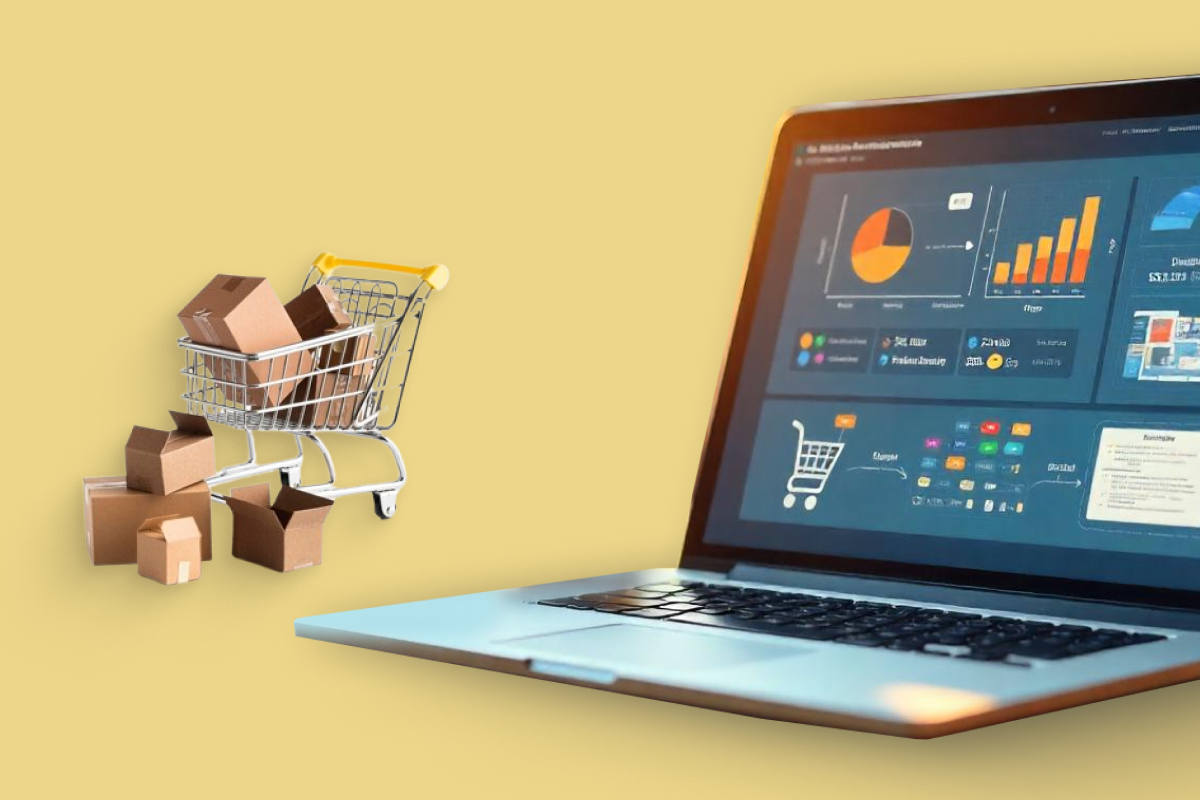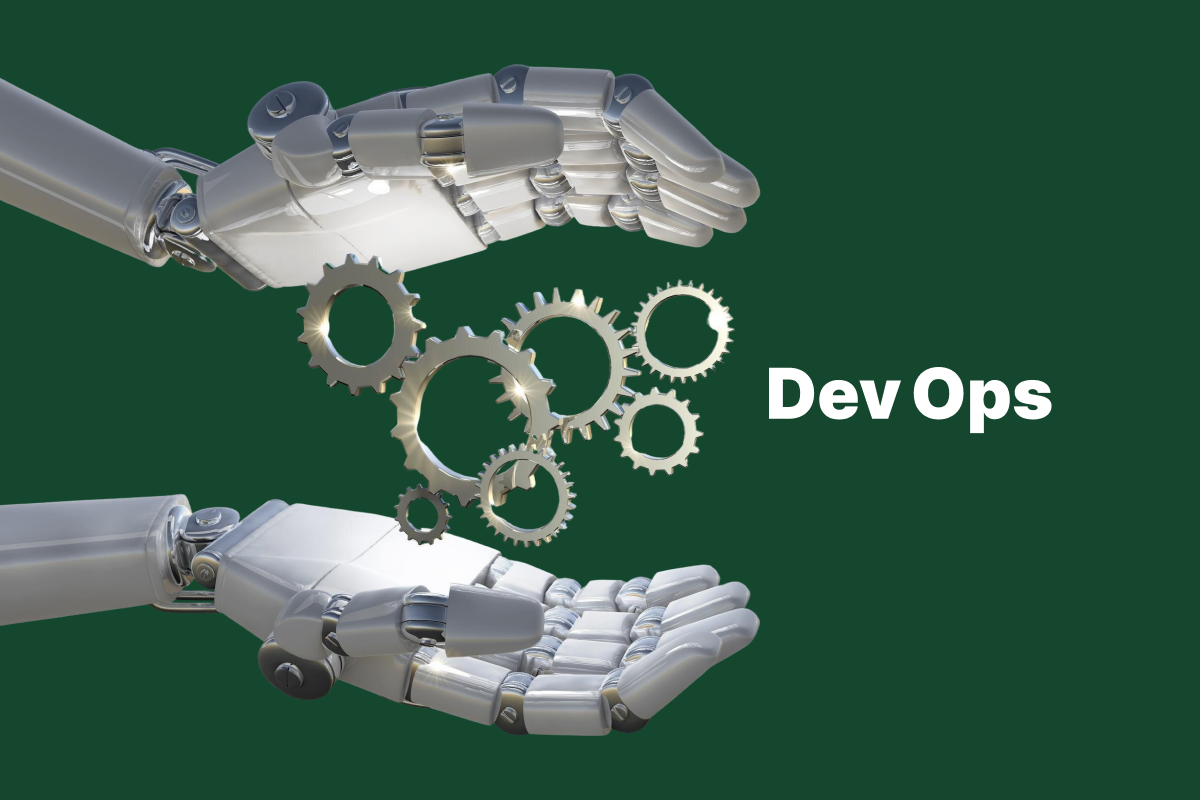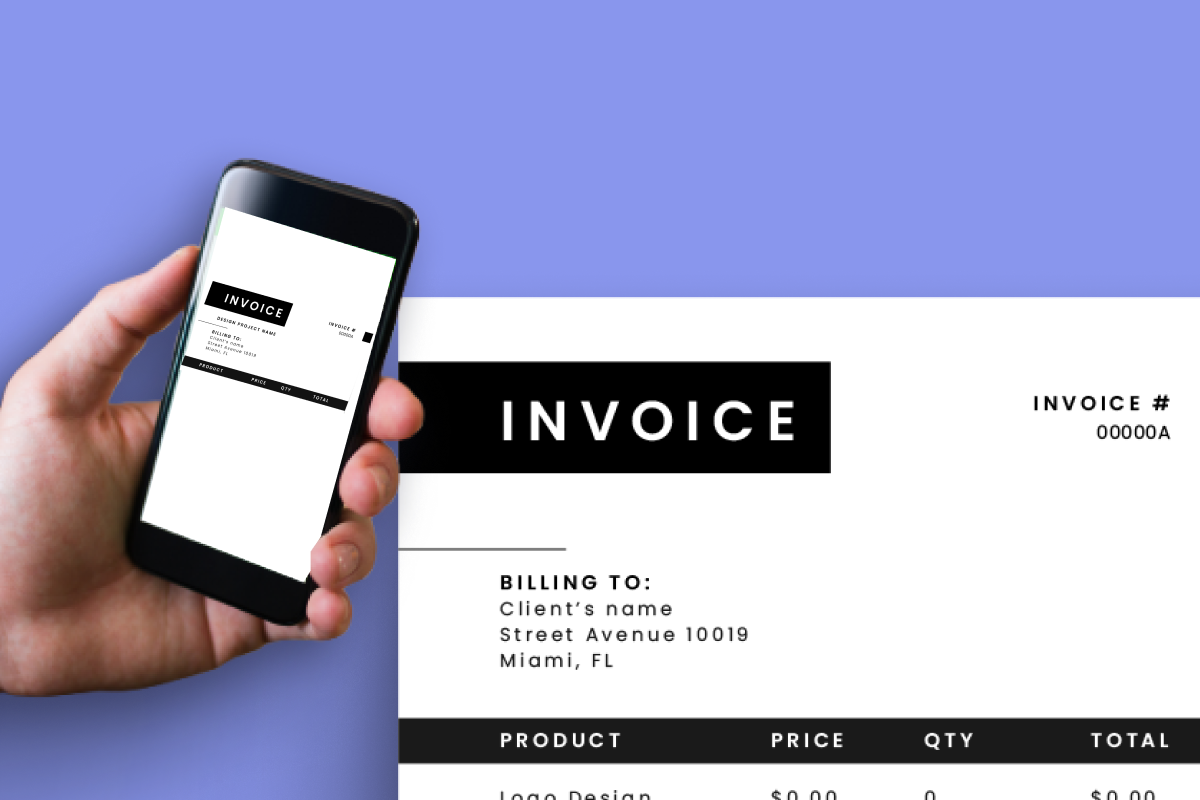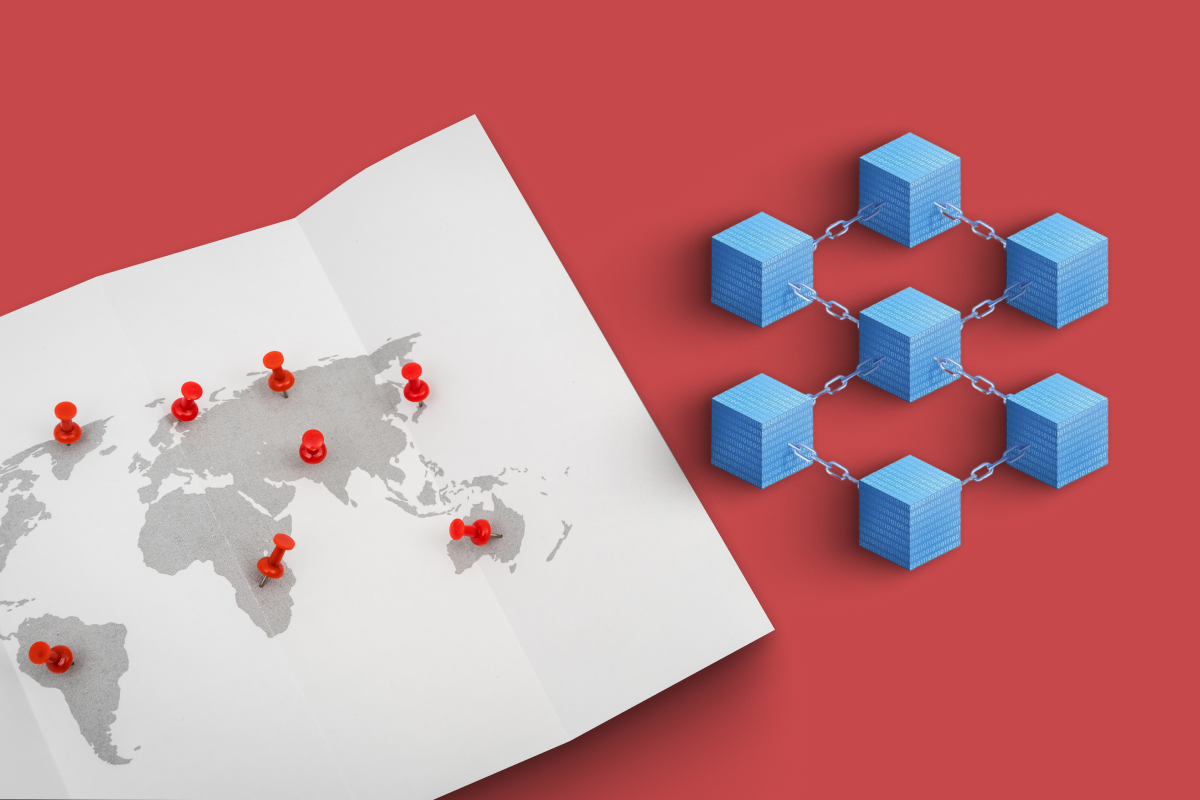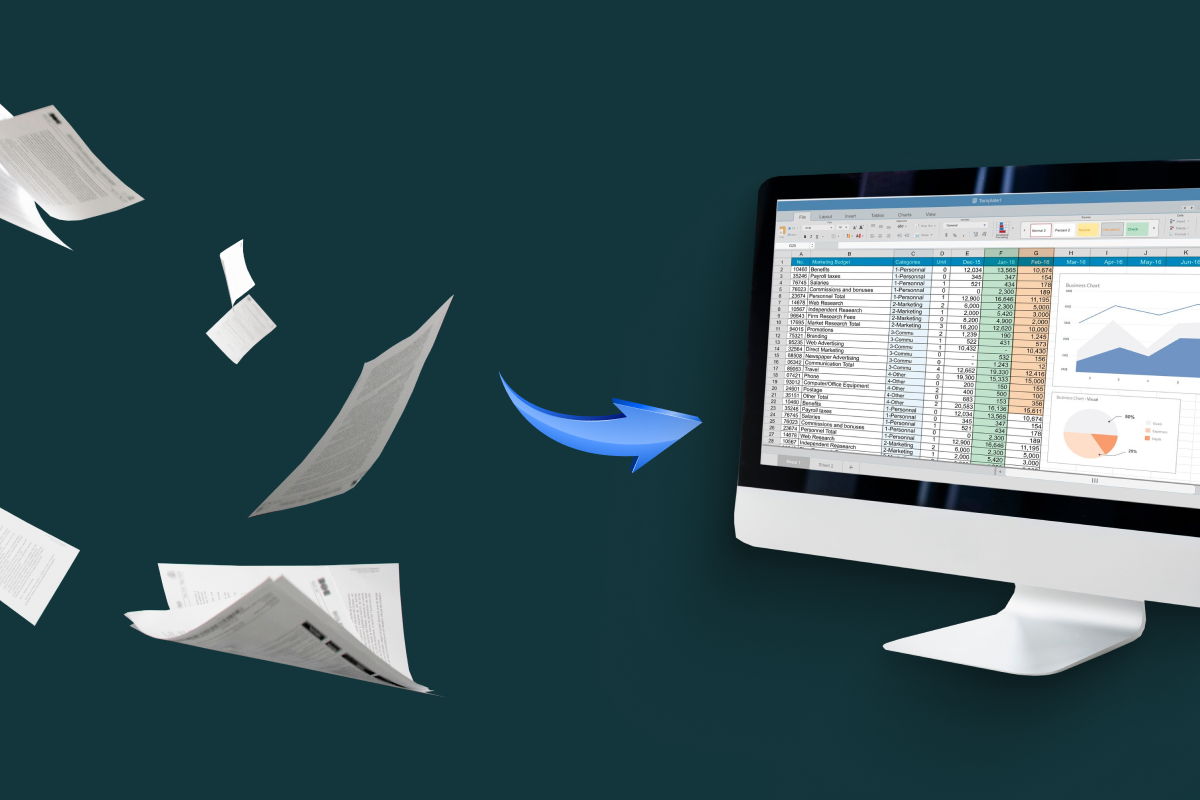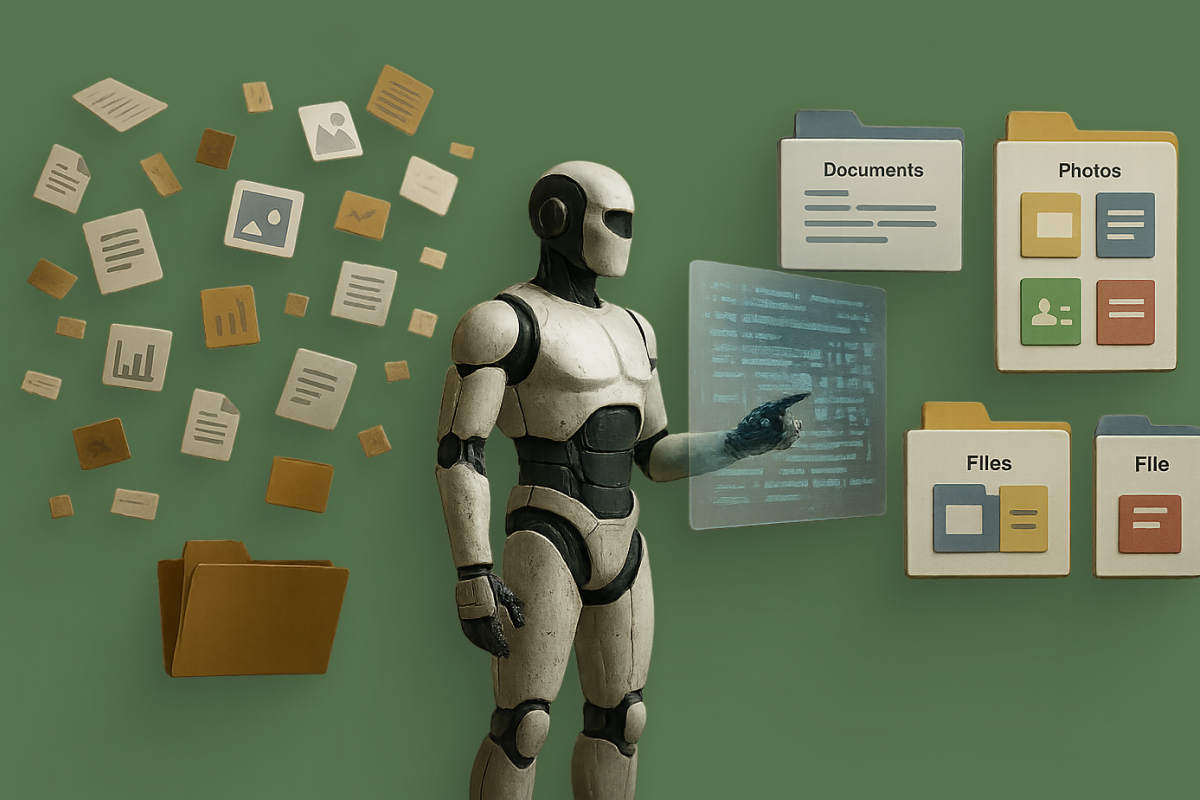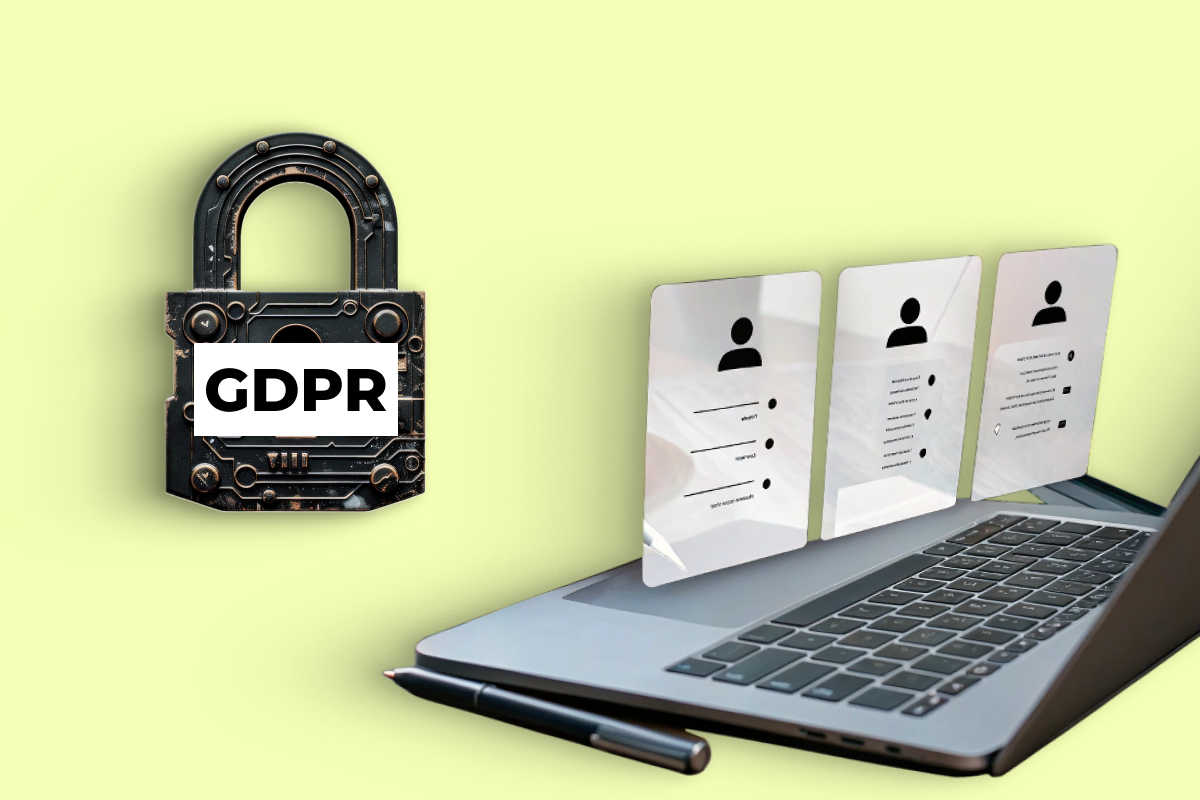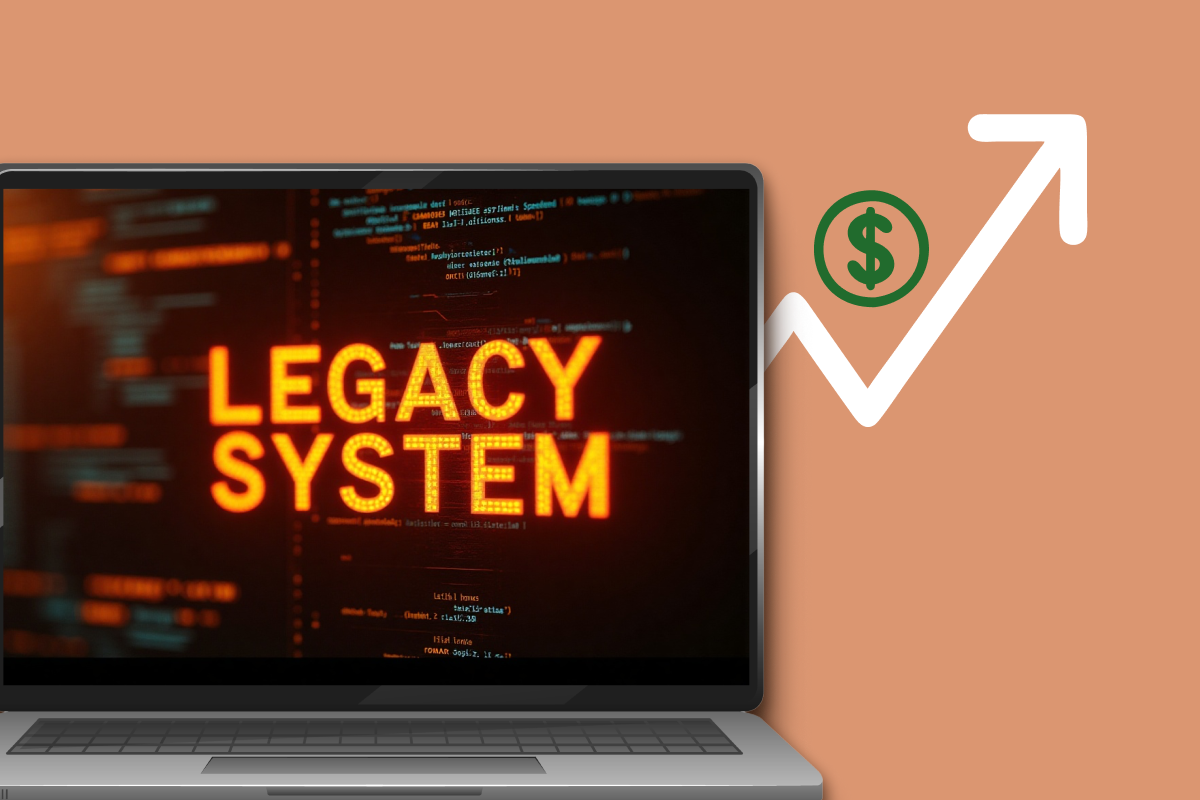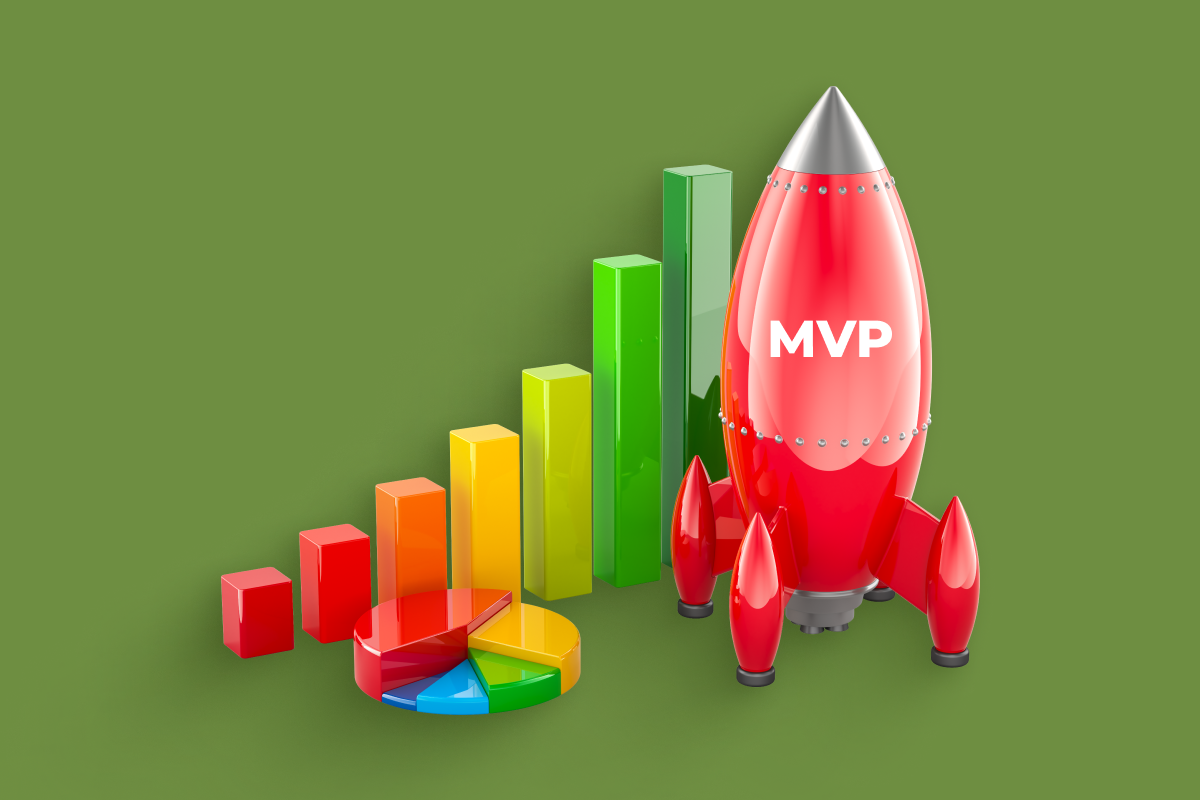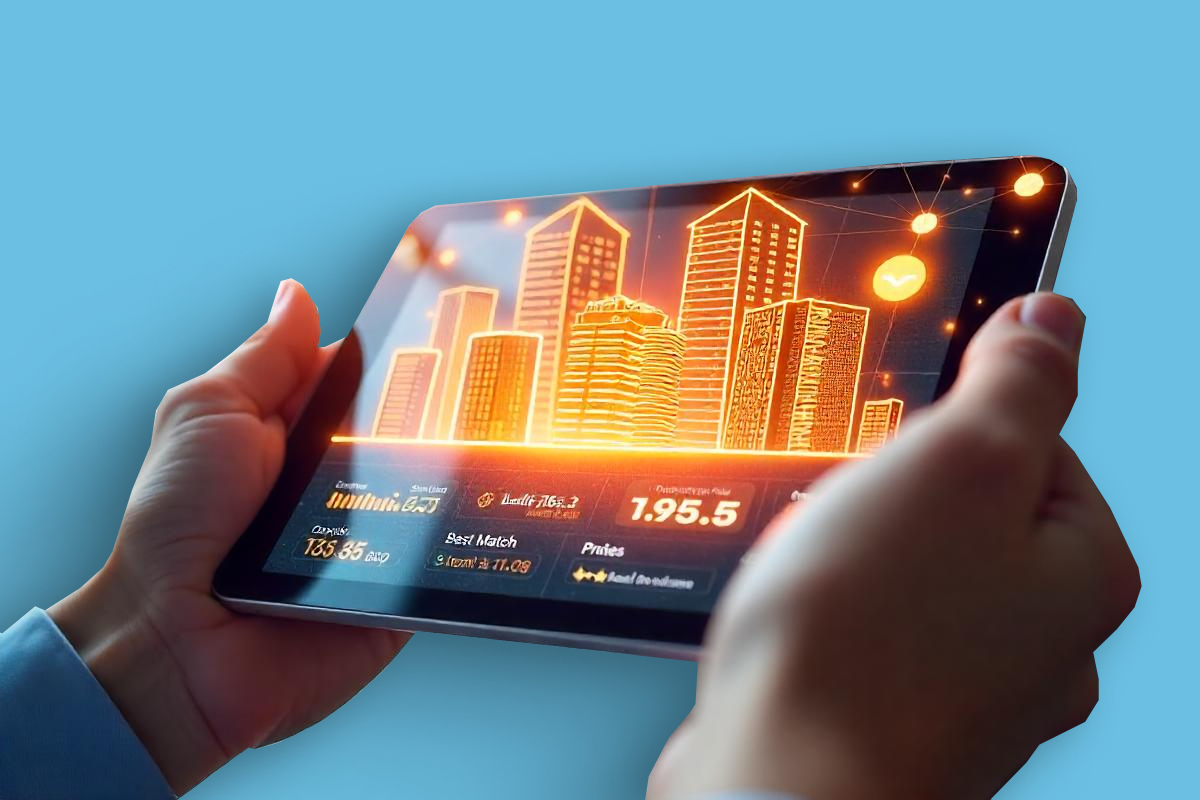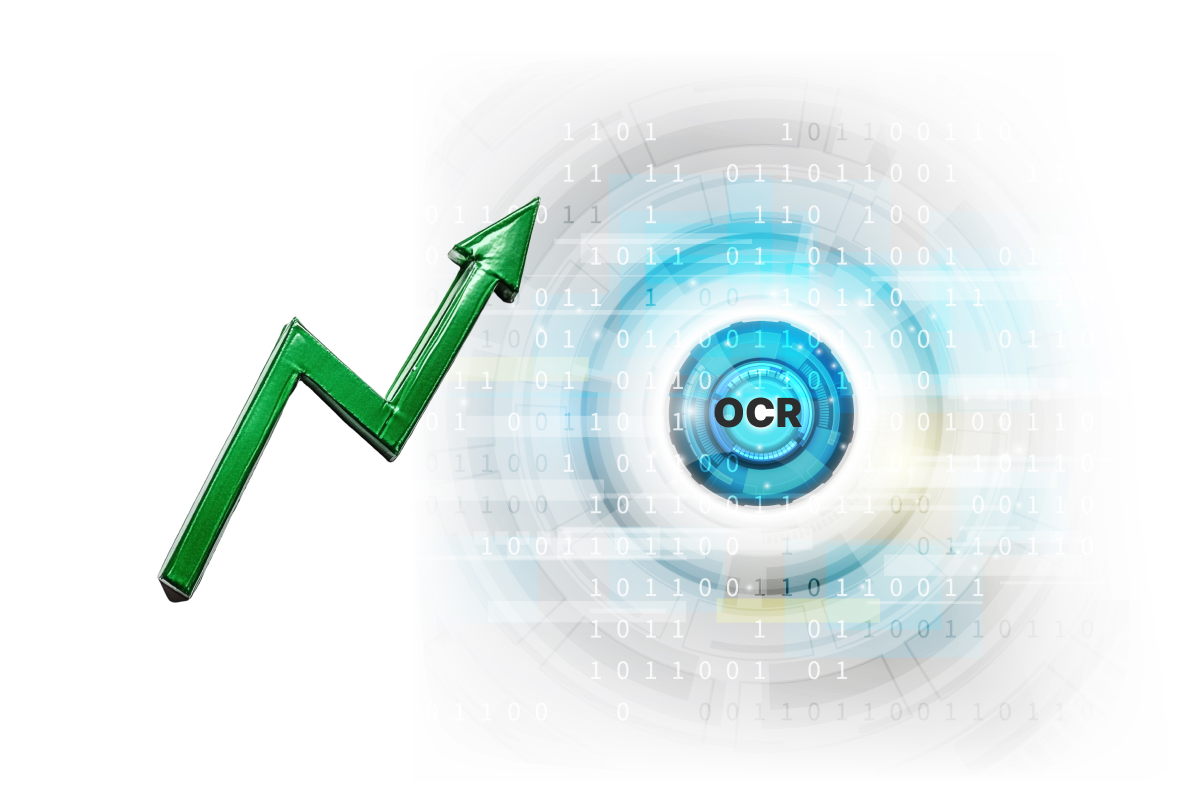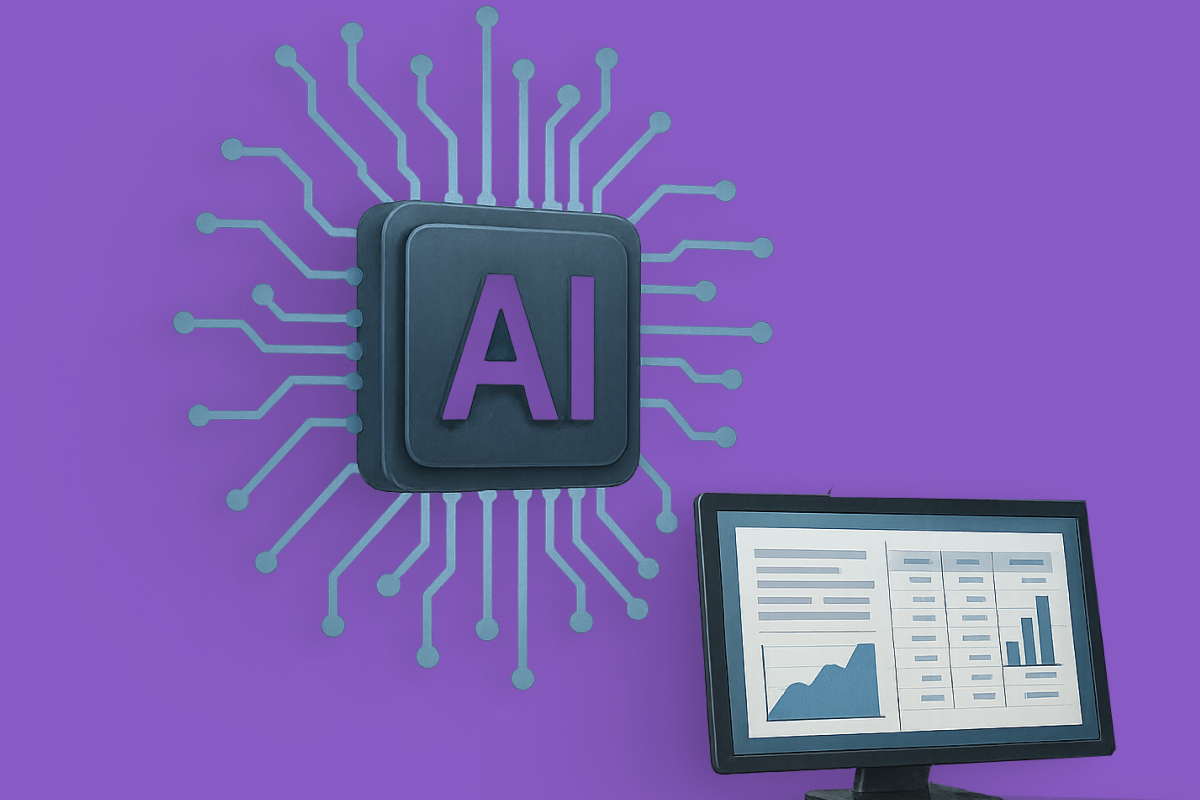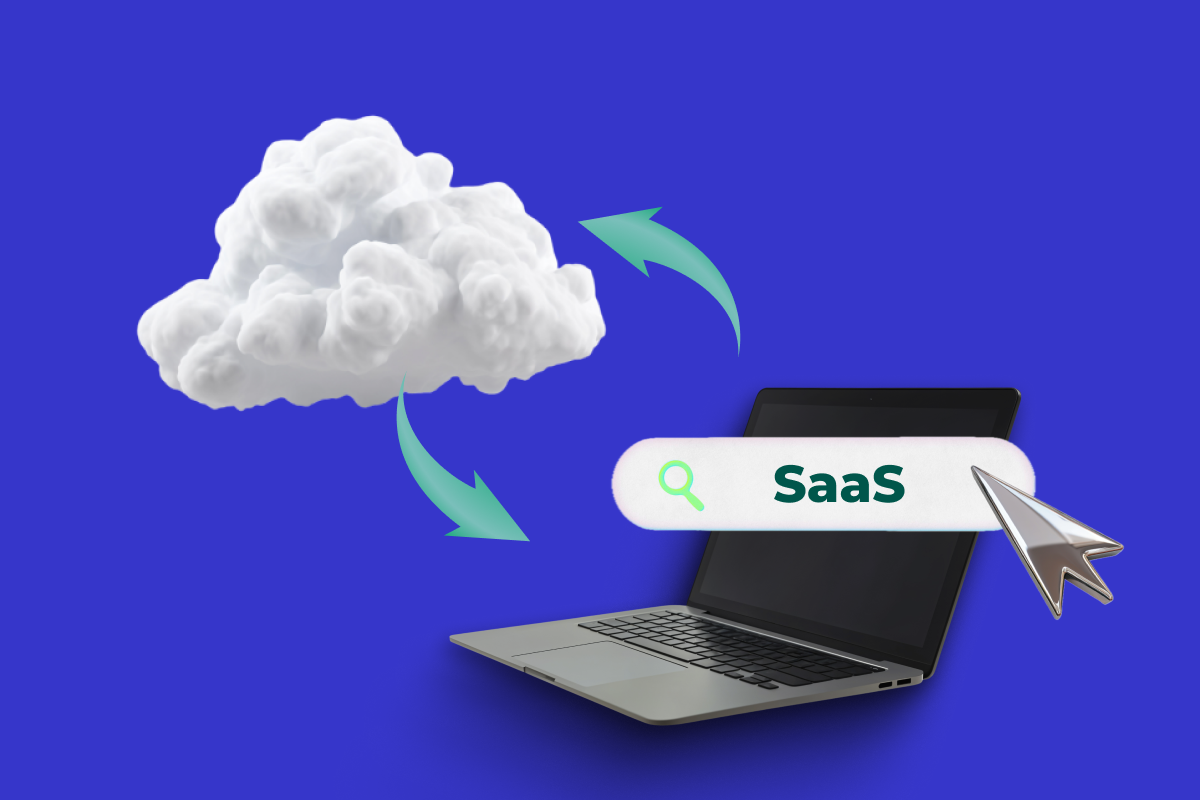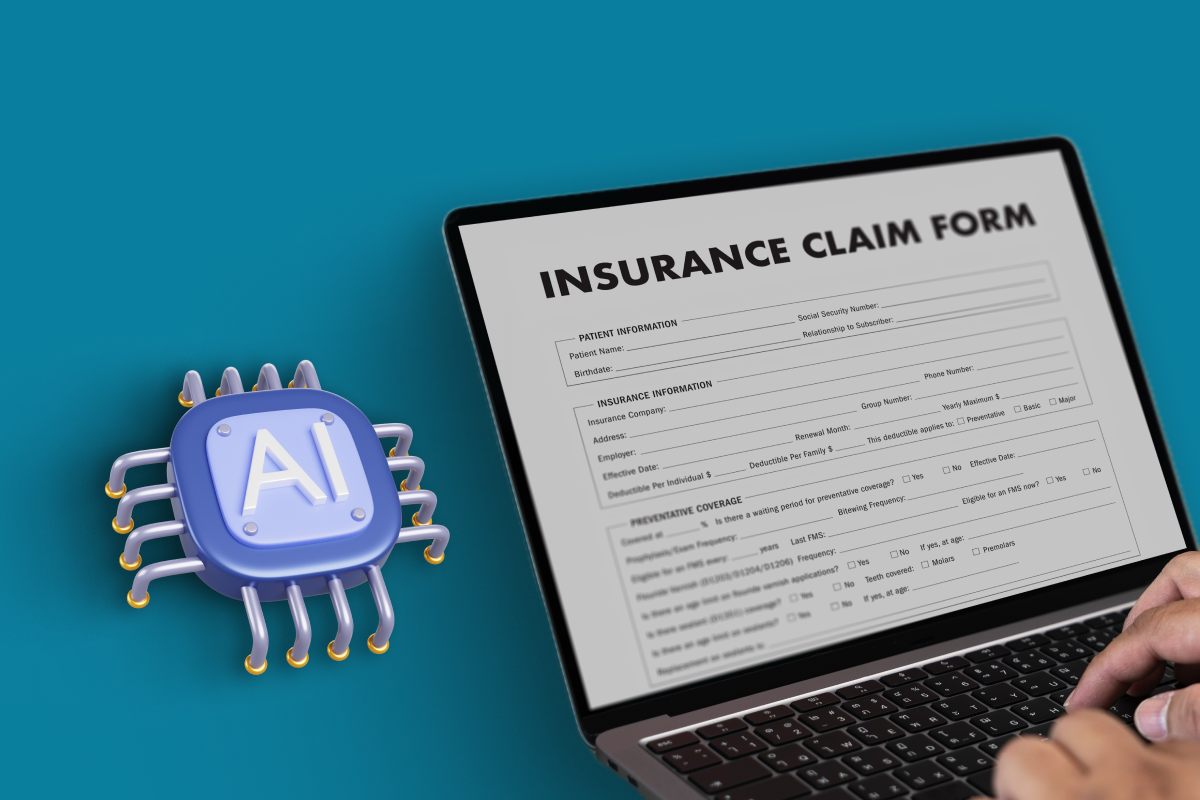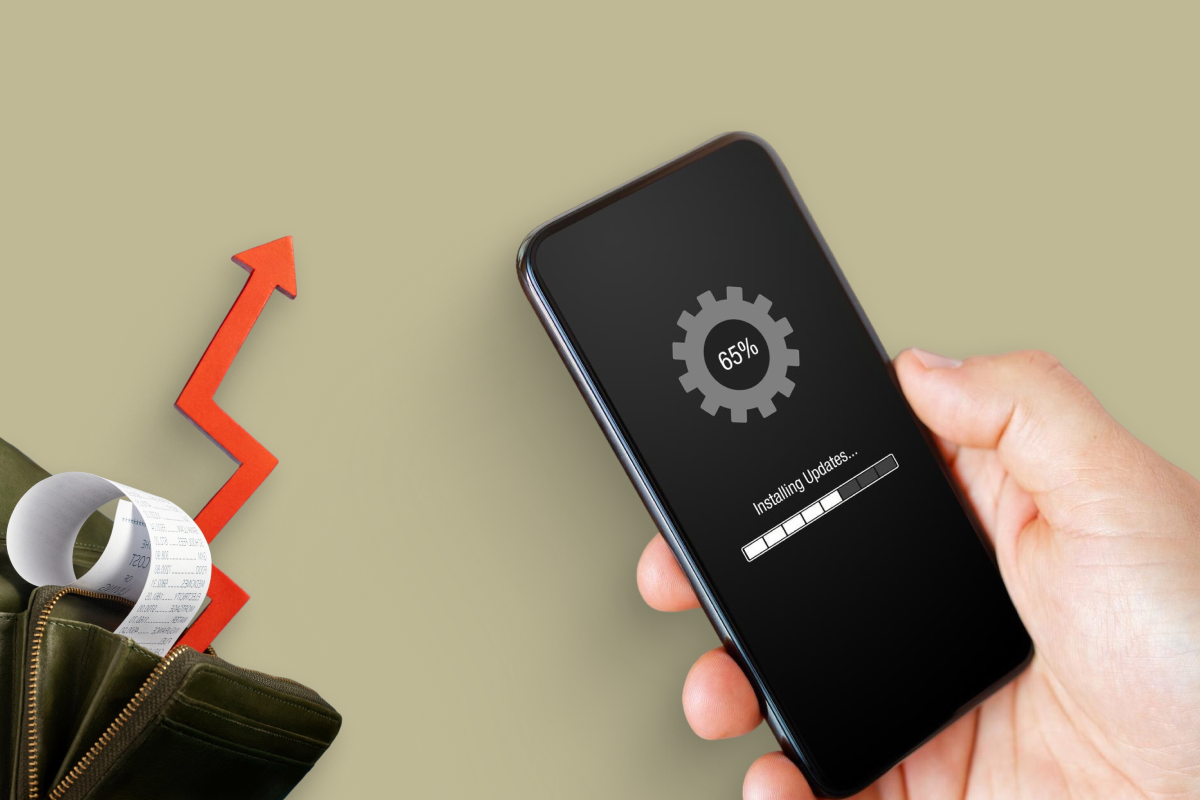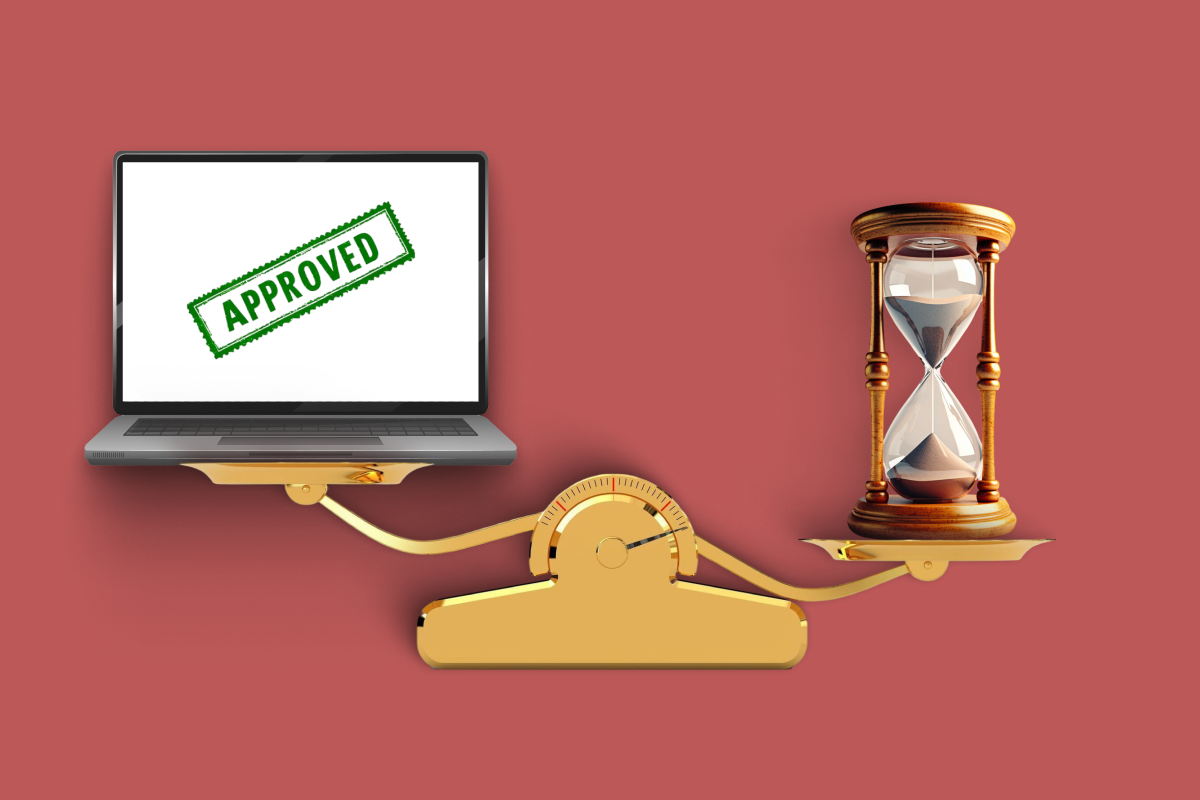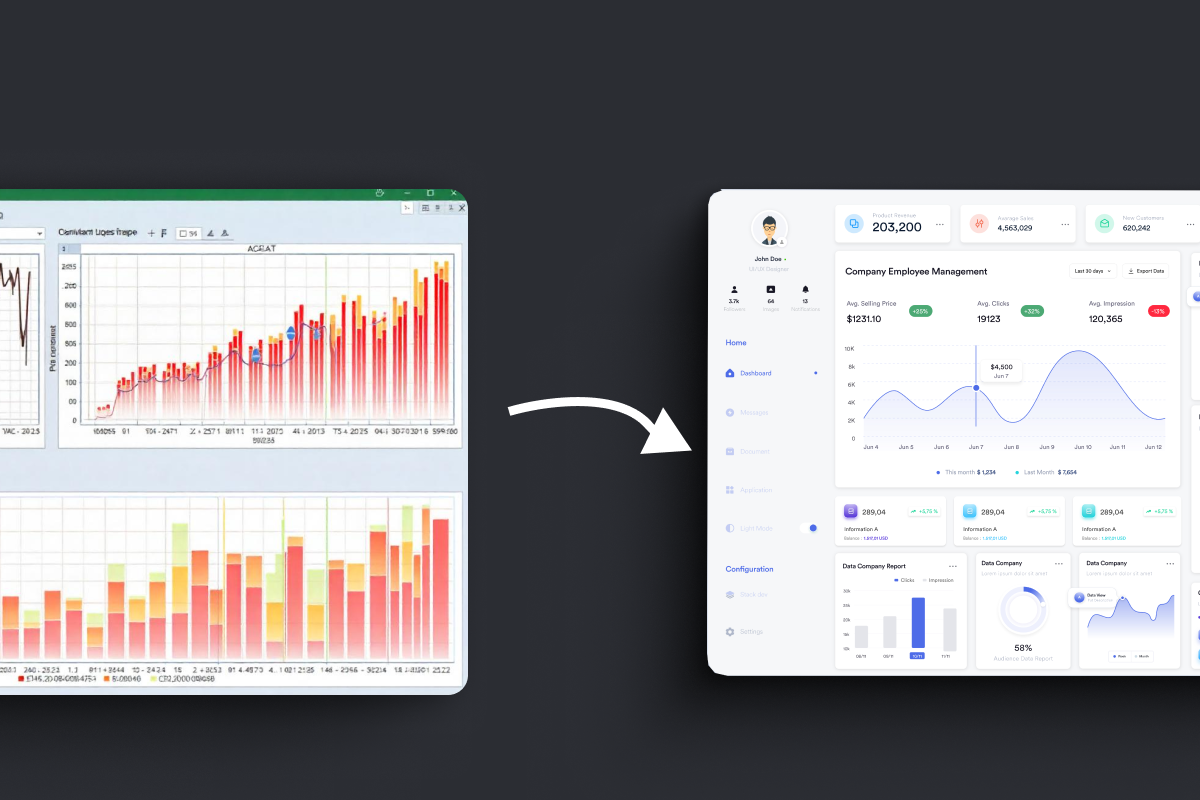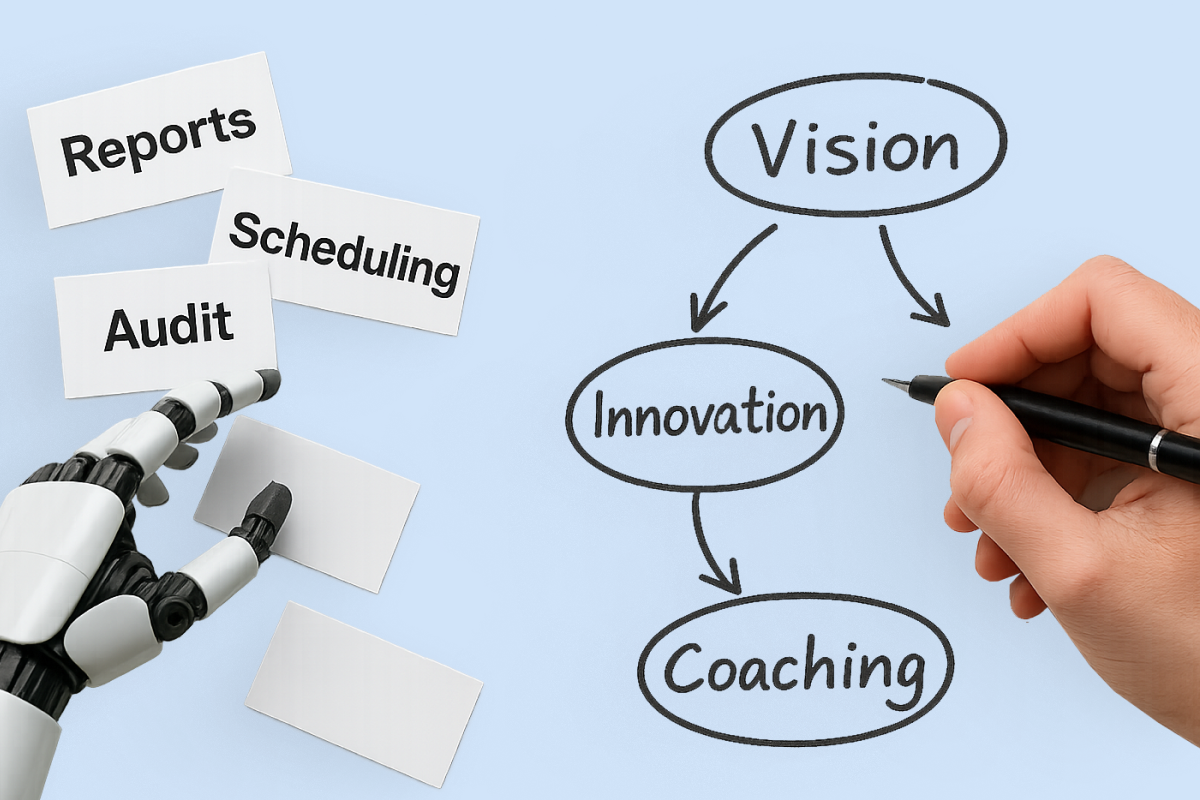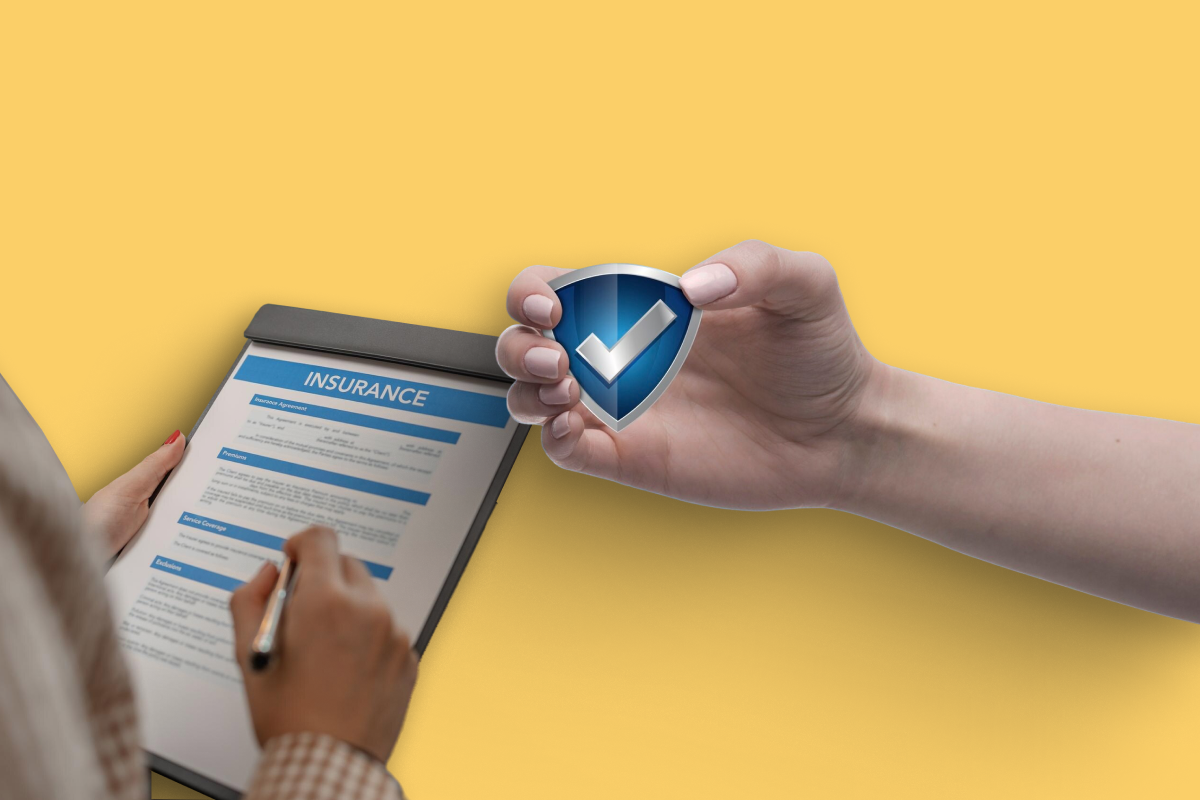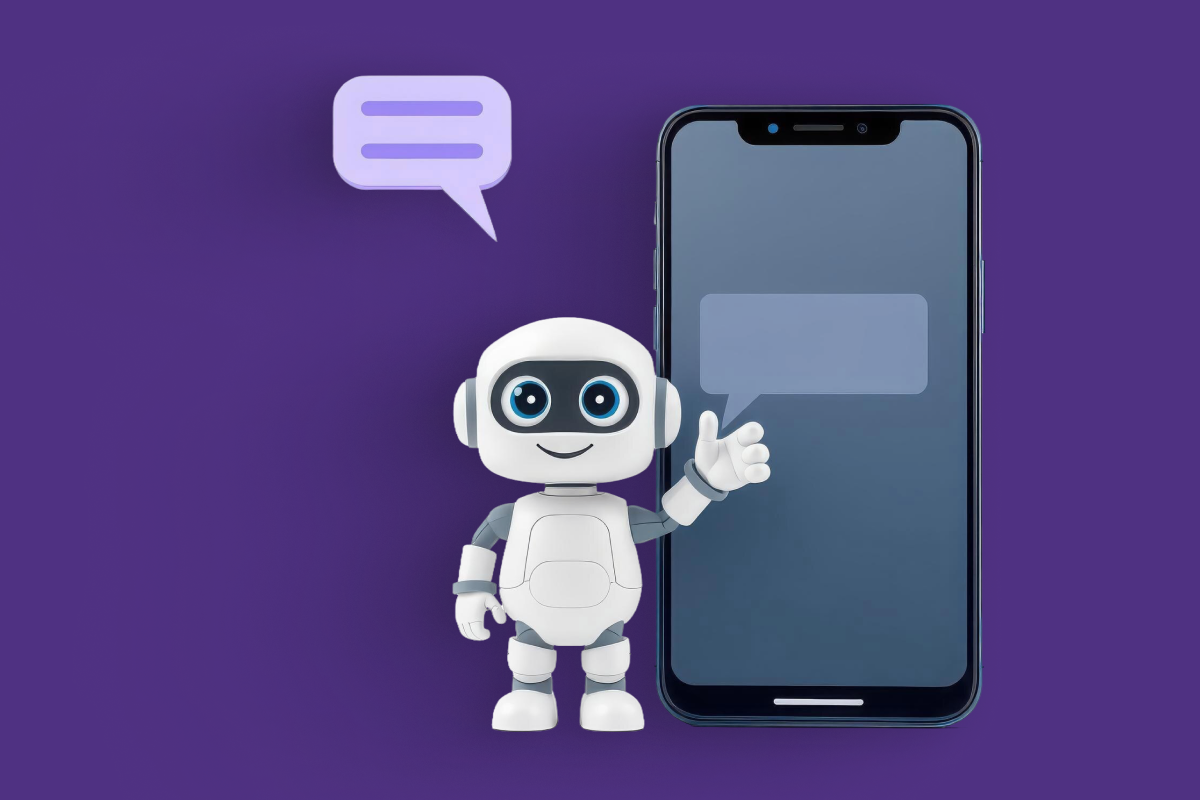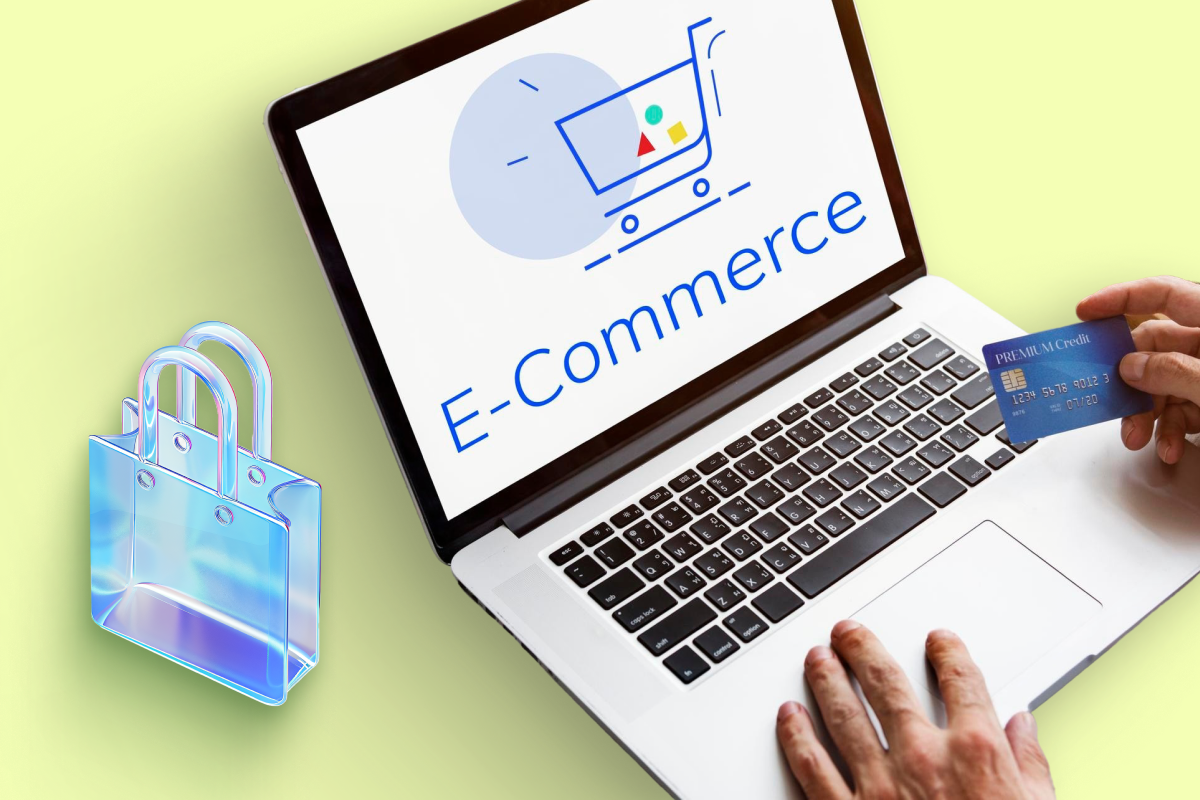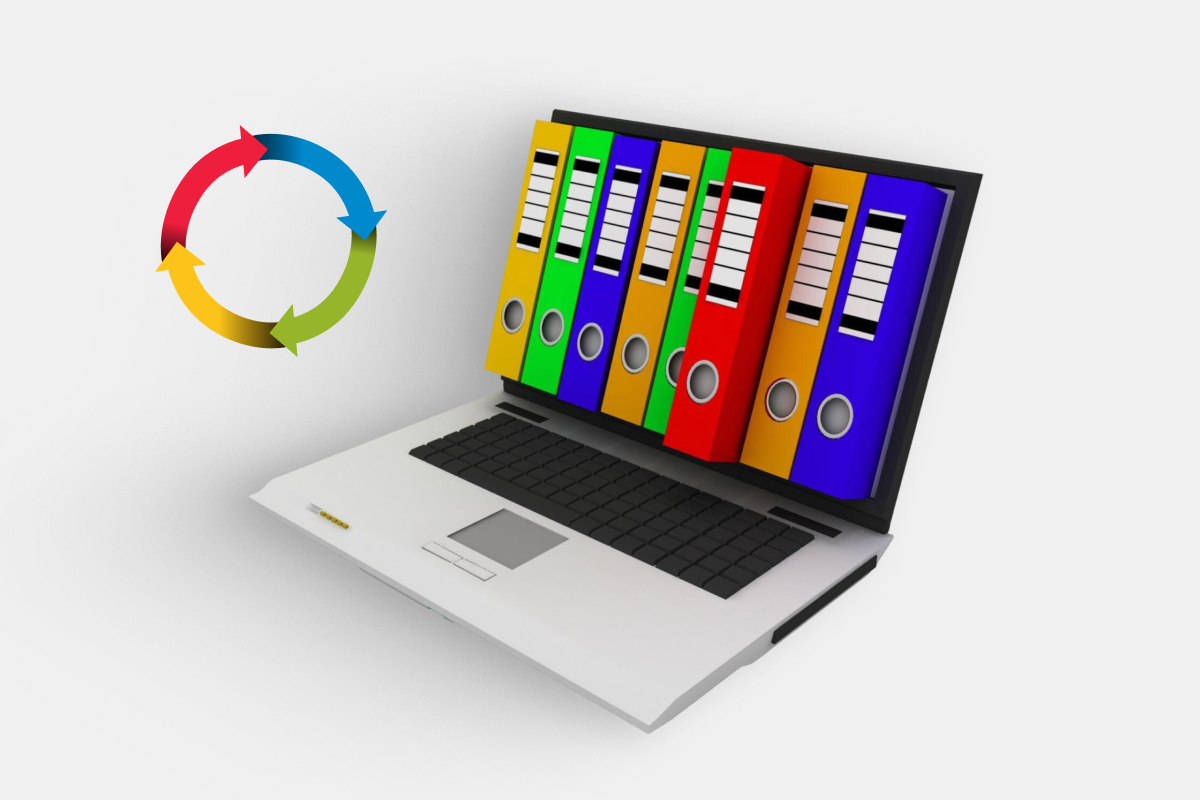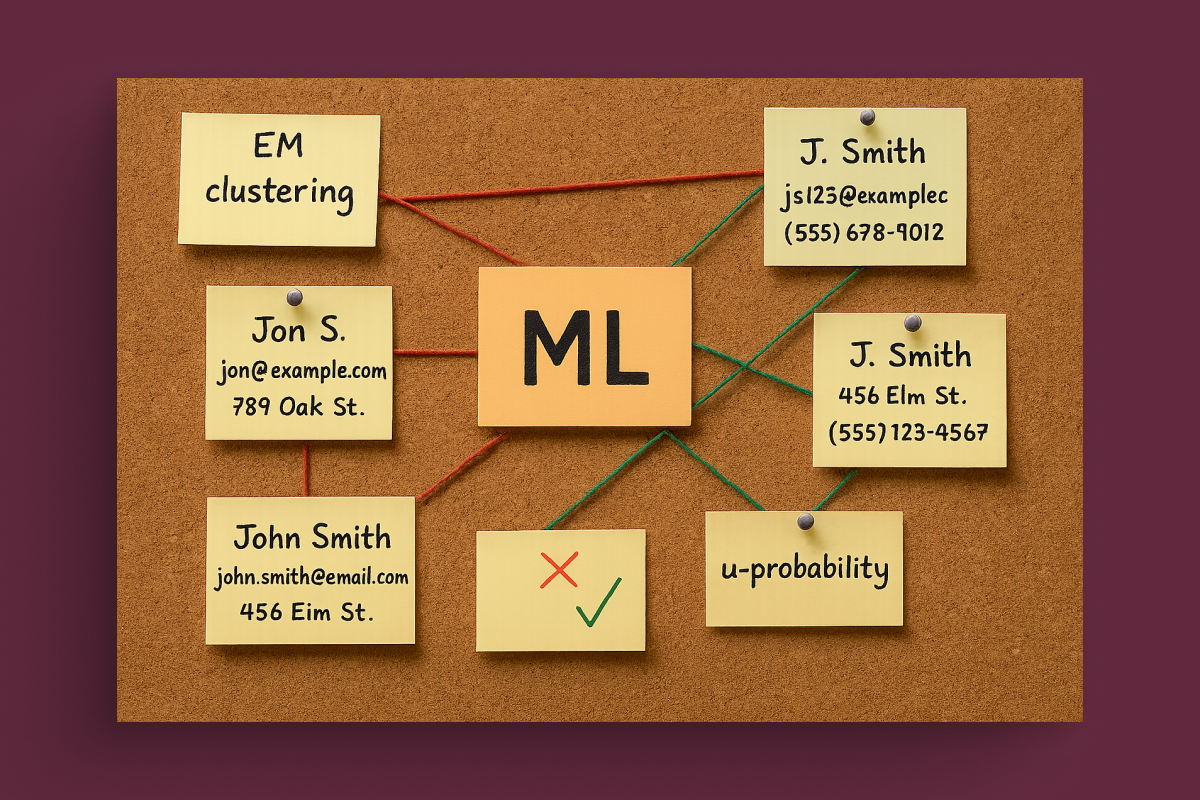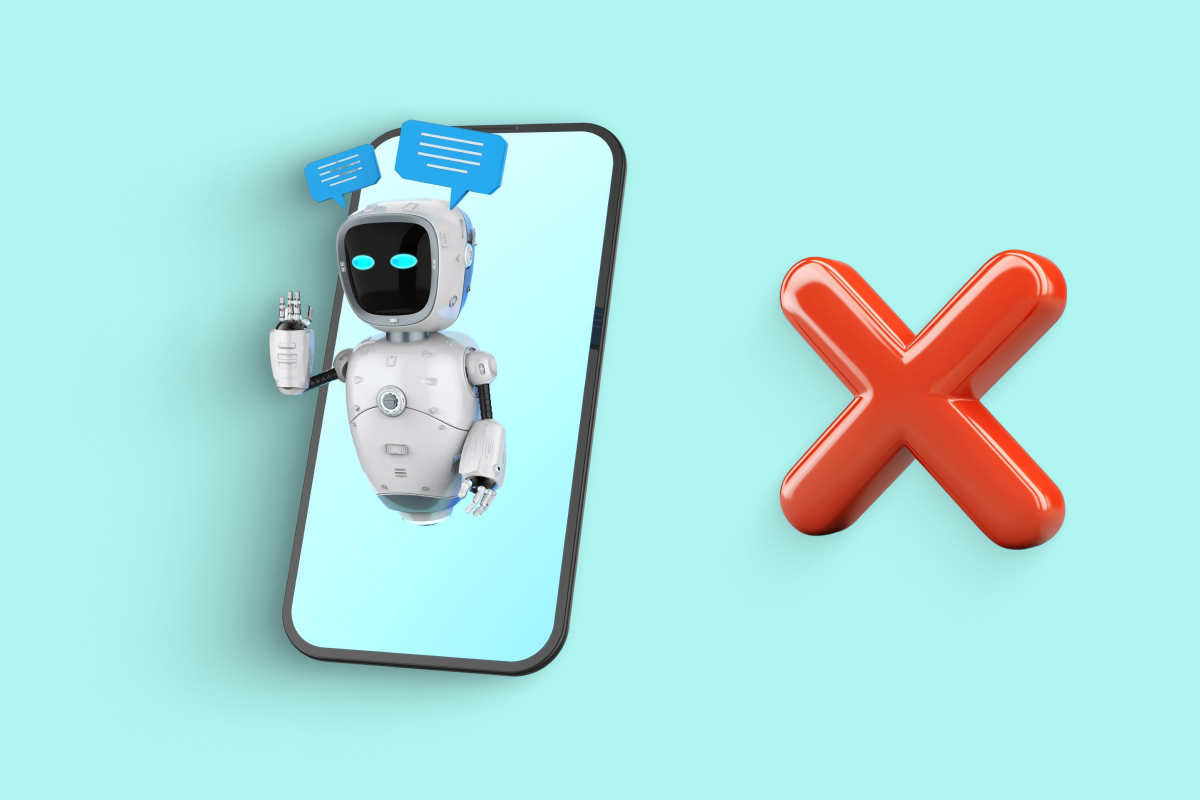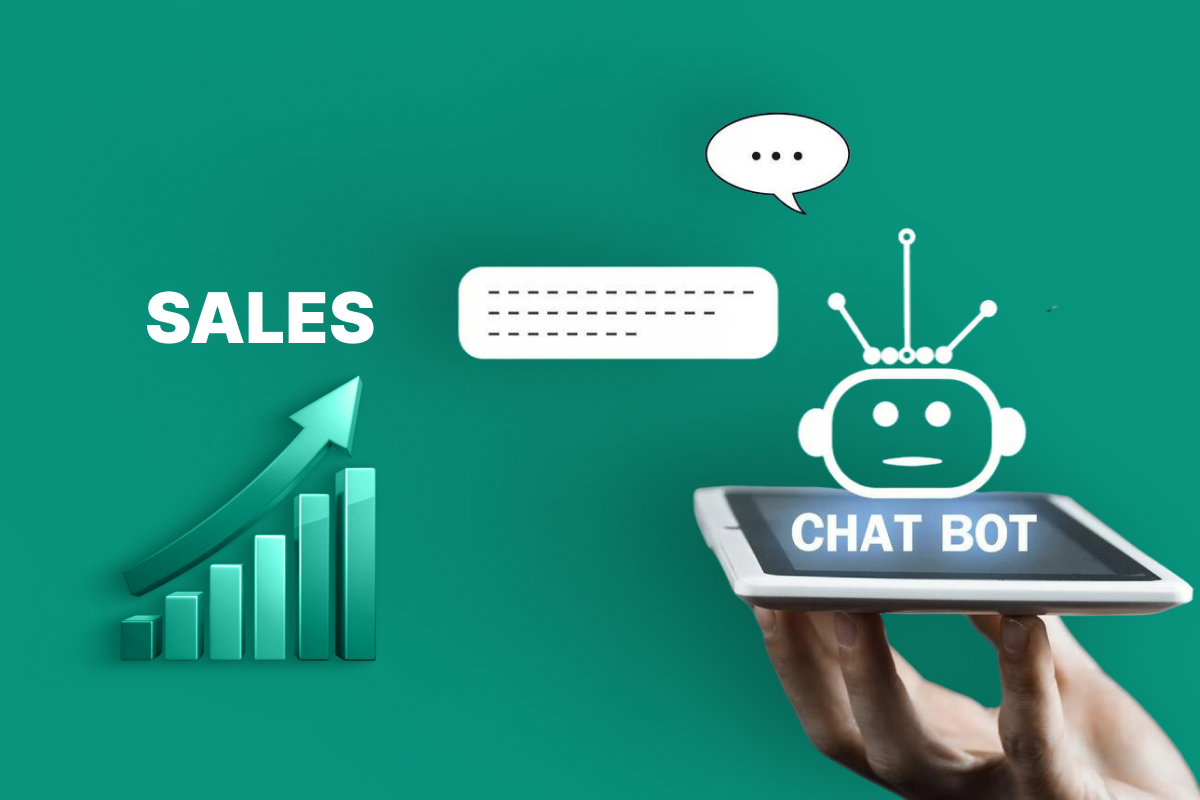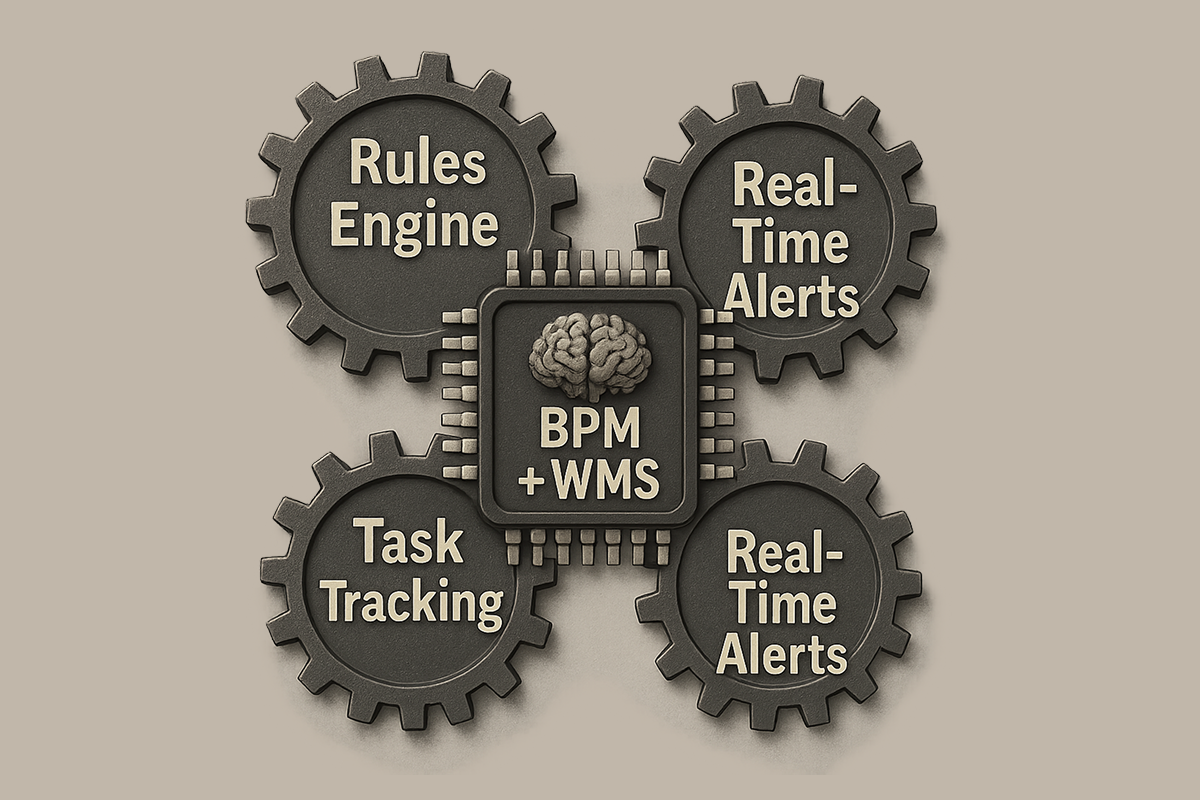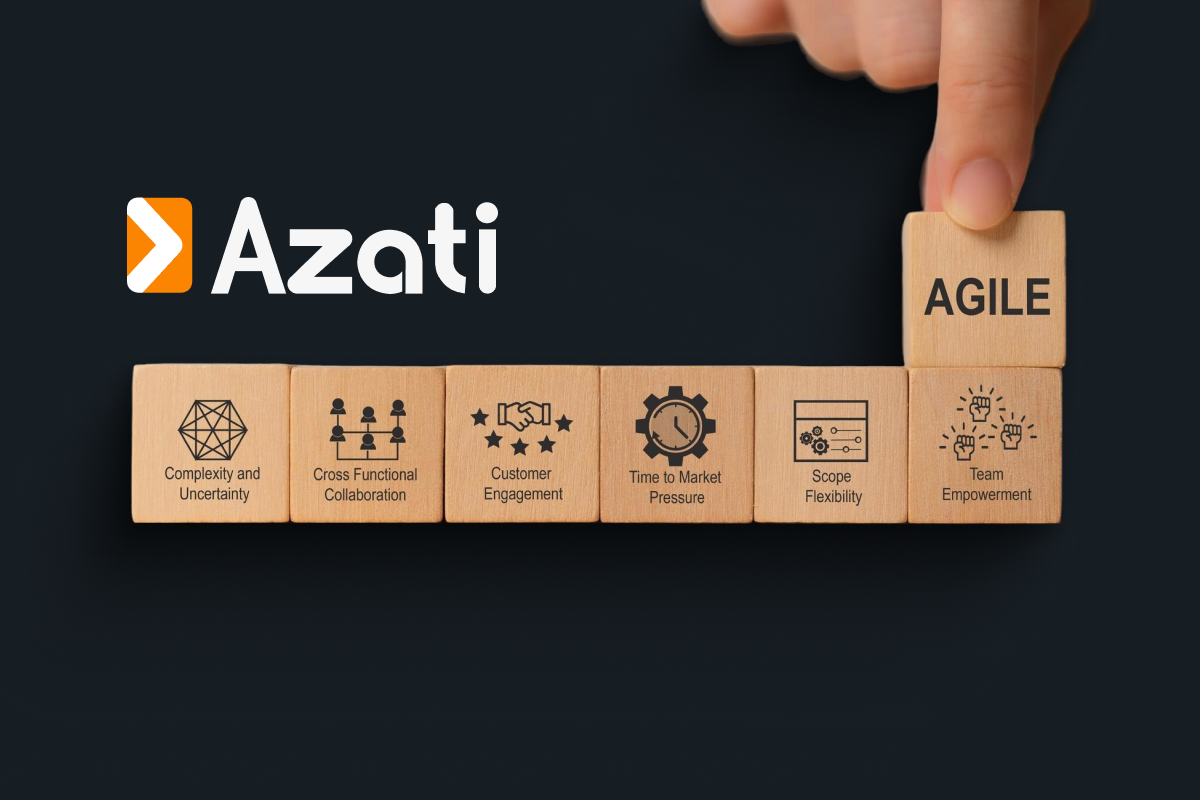With the rise of a new generation of more tech-savvy, independent-minded consumers, providing a self service portal is becoming a requirement for business companies.
According to Veriday, 90% of consumers expect an organization to have a self service portal. And 72% prefer to resolve their support issues via self service over sending emails or picking up the phone, according to a Forrester report.
After having made the decision about a self service solution design, companies come across the two options: building it from scratch or buying a ready-made solution. So, in this article we briefly overview self service portals as a whole and provide a few recommendations for companies to help them make a reasonable choice.
What Is A Self Service Portal
A self service portal combines a great variety of options to satisfy its users’ disparate needs. It can centralize brand, sales and marketing information; provide instant access to service requests and the ability to resolve the arising issues. A simple example of this is online banking service. Instead of calling your agent every single time we want to check the balance or confirm payment, we just go to the nearest ATM or even better – use mobile apps.
A B2B company can profit by enabling users to set and track orders online, or schedule appointments. Basically, manufacturers and retail businesses can sell their goods via the portal; service providers can enable their users to pay bills on the web. From a portal of a restaurant one could book or change a reservation. So, all that with just a few clicks, within seconds.
The portals have changed the game. They made a completing of a transaction depending only on the customer will, by assuring all the supplementary necessities are provided anytime, reliably and fast. Additionally, they can be used to establish connections not just with end customers and the company. But also with company’s employees, suppliers and partners as well.
Customer Self Service Portal Features
- Service requests (and high-value transactions, if necessary)
- User profile
- Up-to-date marketing and sales information
- Knowledge and Learning center
- Helpdesk, FAQs
- Online Marketplace
- Collaborative space
- Forum community
- Chat services
When a user is unwilling to proceed with the portal or just wants assisted support, there should be a chat pop-up window to highlight that a human operator or a chatbot is there to help.
Value
A dedicated and reliable self service portal:
Increases customer satisfaction
Every client enjoys simplified user experience. Portals convey a high level of personalization by allowing users to manage their own data, keep track of their records and make inquiries when they need. No more calls, queues or adjusting to the company’s working hours. Also, FAQs and help desk sections are there at hand to prompt clients with possible solutions. This way, portals empower users to efficiently solve their struggles on their own 24x7x365.
Saves organizational resources – money, time, labour
According to a Forrester Research, solving a customer’s problem over the phone costs $33.00 on average; email isn’t much cheaper, at $20.00 per-interaction. Compare this with the cost of every self-serve interaction, which is about $1.00!
After implementing a portal, the number of human operators you need may reduce, as many customers would seek and find what they want on their own. In the meantime, customer service representatives can spend more time cherishing and delivering a more personalized experience to those customers, who prefer human-to-human interaction.
Can gather statistics
Organizations can more easily measure and evaluate marketing campaigns, sales effectiveness, product mix, inventory turns, and customer engagement. So, analysing your customers’ profiles, activity, and purchase history would enable you to make highly targeted marketing efforts. And moreover let you know what your clients need, what they like about your current offer etc.
Boosts sales & outreaches to new customers
As making a purchase online is easy, quick and available, the number of sales made through the Internet continue to mount. A study by Gartner states that self service solutions increased B2B sales by 41%, and B2C sales increased by as much as 72%! Creating an online environment to buy your products also creates long-term relationships with the customers.
Given how many benefits a self service portal design can deliver, many companies decide to create one for their needs. But surely almost all of them have stumbled upon the following question: is it better to buy a ready-made software or to invest into a customized one? The rest of the article clarifies when to choose one of the two options.
What Is The Best Way To Develop A Ready-made Solution And Its Features
There are web tools that provide you with instruments to quickly create dynamic self service portals. Under certain circumstances, sticking with canned solutions may be the more sensible option, for example if your business has a few simple processes, like selling tickets and selling goods. Usually it is smaller businesses that benefit more by going this route.
Benefits:
Quick to deploy
Customizing a sandbox certainly takes less time than building software from scratch. A ready-made portal enables you to immediately address the company’s need in it.
Basic functionality
Oftentimes, a canned solution would do all the things you need to comply with your business needs, so building a custom one would not make much sense. Imagine that your business is a retail shoe store: you’d want a portal to have basic functionality like the ability to sell goods and a blog – there is no need for any complex high-value transactions to be available.
Disadvantages
Ready-made solutions are poorly customizable
The vast majority of out-of-the-box software won’t allow modification of its established functionality: it may be difficult to add or delete built-in features. This can lead to having either too many or too few functions for your company, thus failing to deliver the experience you want in a meaningful way. More unique and complex processes of a company would not be reflected with these off-the-shelf solutions.
In general, canned solutions address many of the needs of most companies. So, if your business has specialized needs, custom software may be a better option.
Custom Portal
Building a custom self service portal solution can unlock a host of benefits for your company, if:
Your business is large
It means you have more complex processes, more offers and rich product content. So you’d better turn to a team of professionals for building the portal just as you need.
Your business is scaling up
If you anticipate your company growing at a fast rate or your business is already dynamic and evolving, it makes sense to build software that would adapt and grow together with your company. Canned software is limited in options and would not be able to catch up with your company’s growth.
Better software can provide a competitive advantage
If it’s possible to attain a competitive advantage through technology, then investing in custom software is an appropriate solution for your company.
Benefits
Increased productivity
Despite its initial costs, the return on investment can be well worth it. The solution that is specifically designed with your needs in mind can enable your team to work faster and smarter. The lack of customization relative to day-to-day operations ultimately led to inefficient, manual processes.
Competitive advantage
Designing a portal that is ideally suited for your specific business operations, could be something that would help you provide a higher quality service or product at a lower cost. Thus being a factor that sets you apart from your competitors.
Disadvantages:
Building a custom portal requires resources
Significant amount of money and time is usually dedicated to development. Also, you may find it necessary to hire new staff or to retrain some of your employees to ensure the portal works correctly and is regularly updated.
Conclusion
With the ever-increasing convergence of IT with the business and the consumers’ willingness to be more empowered in resolving issues and have access to company’s resources anytime and from everywher. A self service portal is critical for both service providers and consumers.
Gartner, in their report, estimates that, as many as 80% of organizations that don’t have self service portals will incur higher customer service costs by the end of the year.
Looking to build or improve your self service portal? Contact our experts today to find the solution that scales with your business needs!
